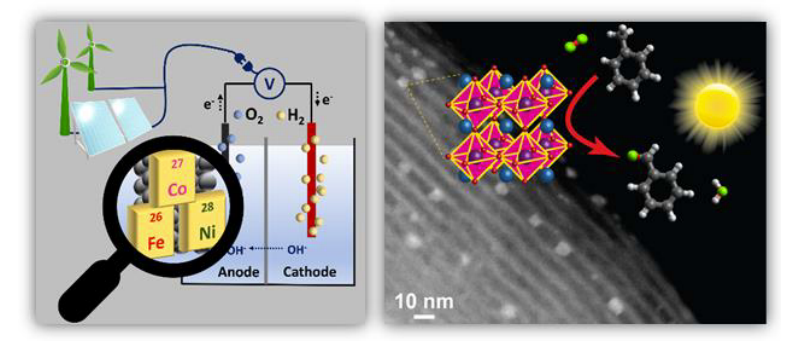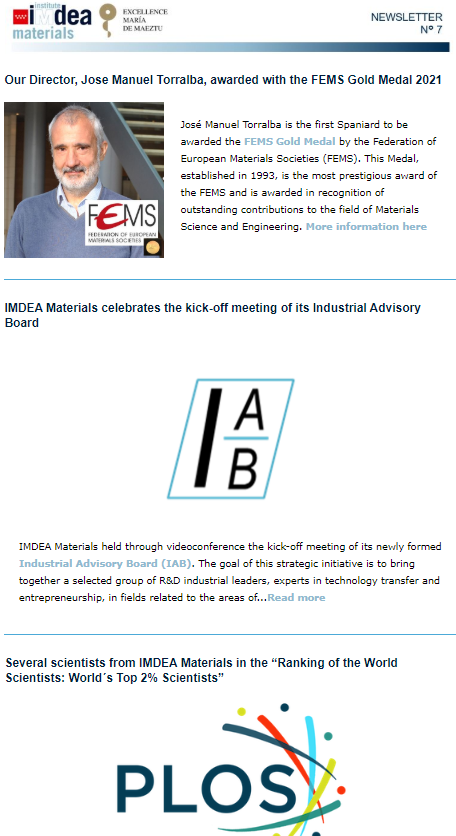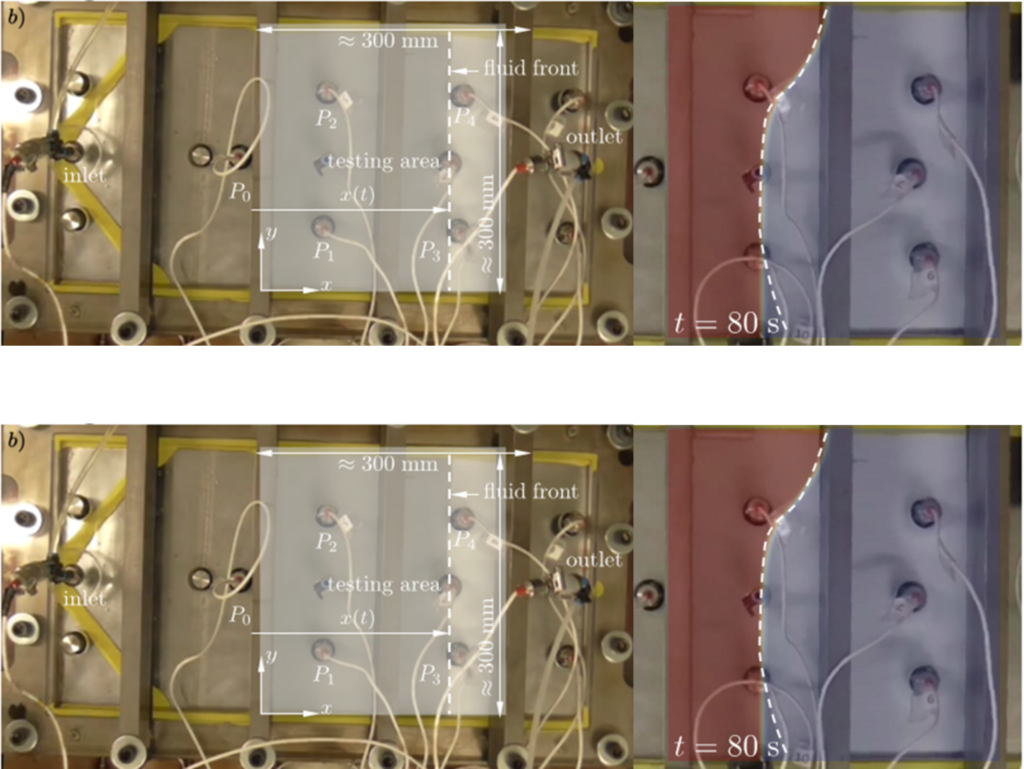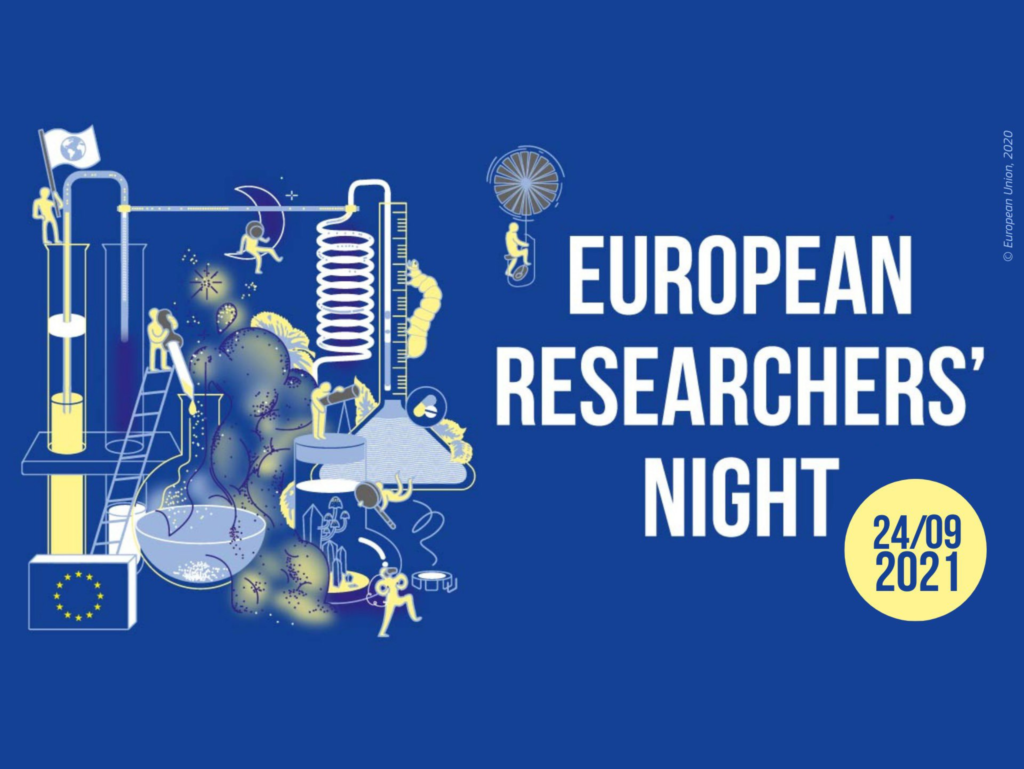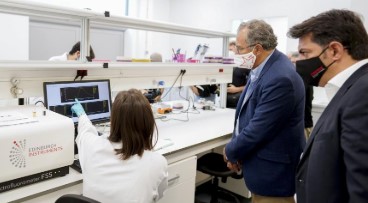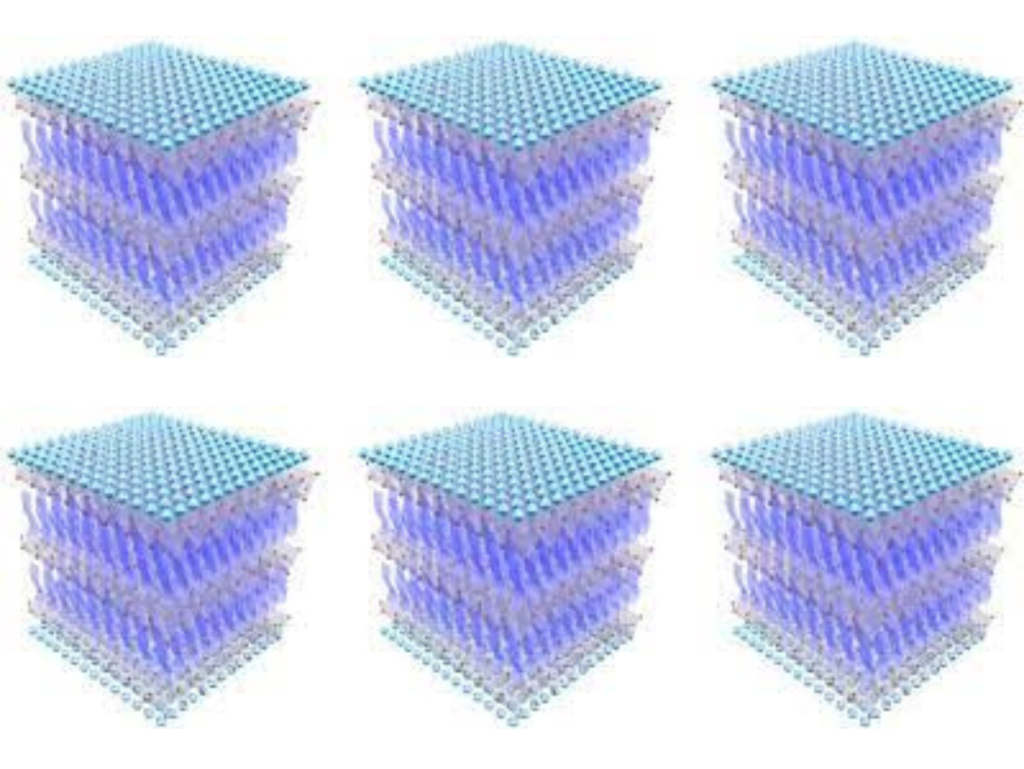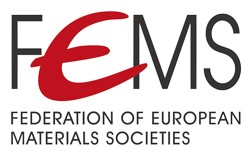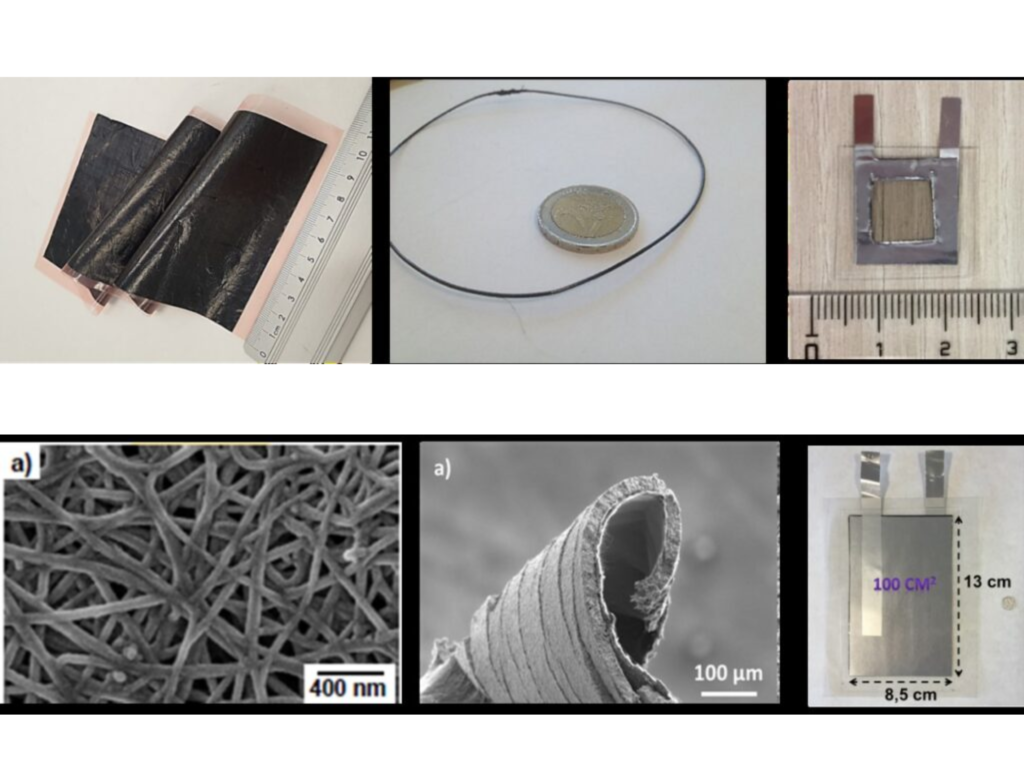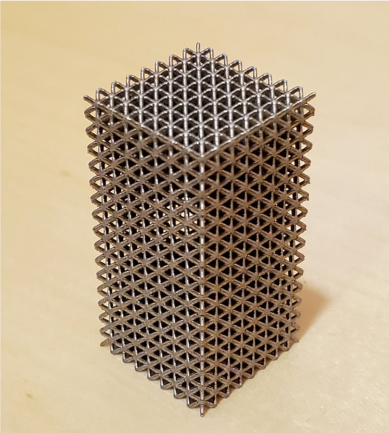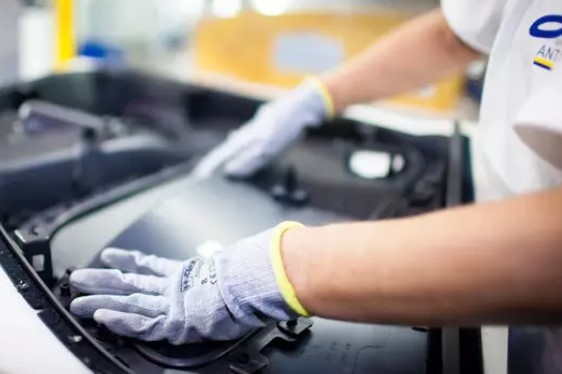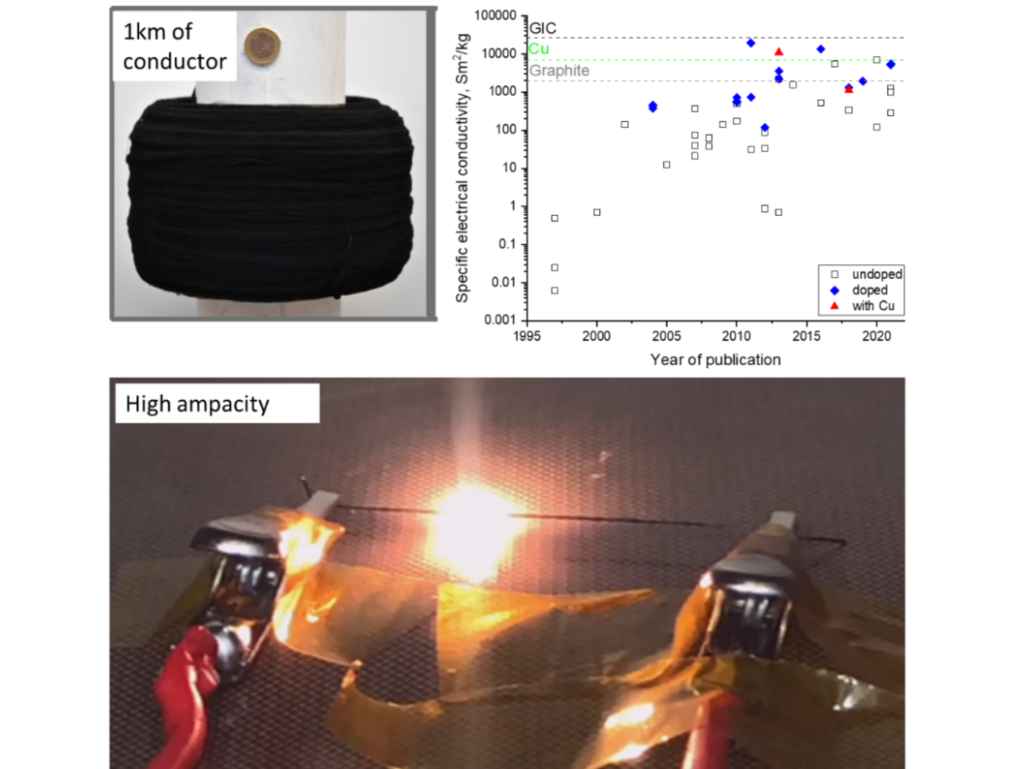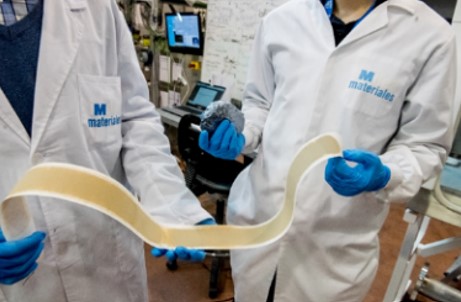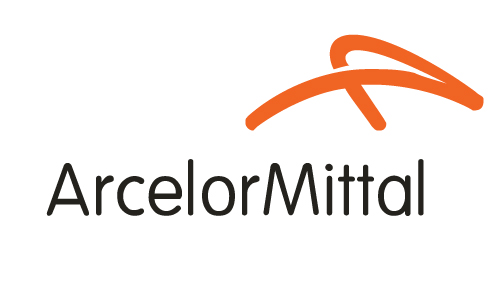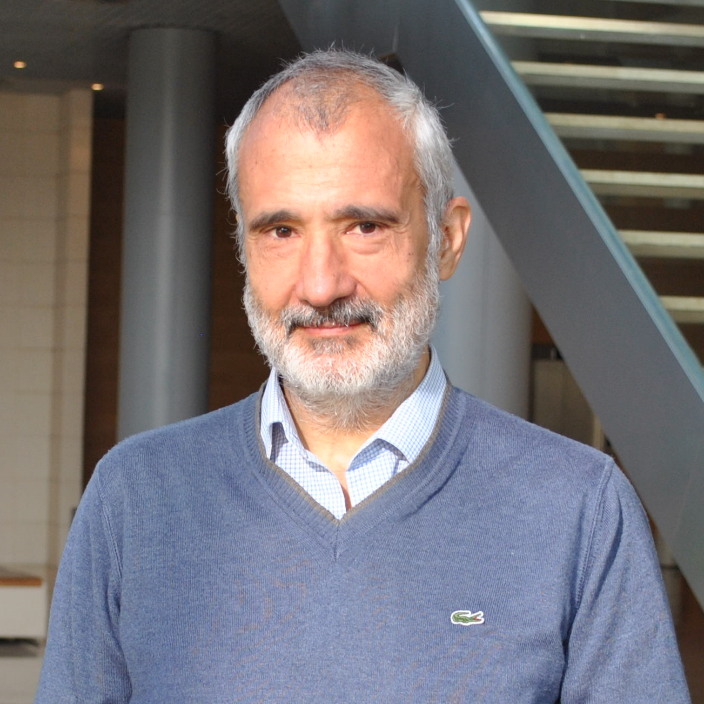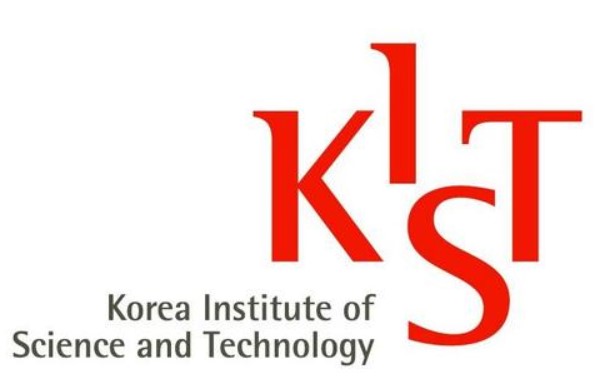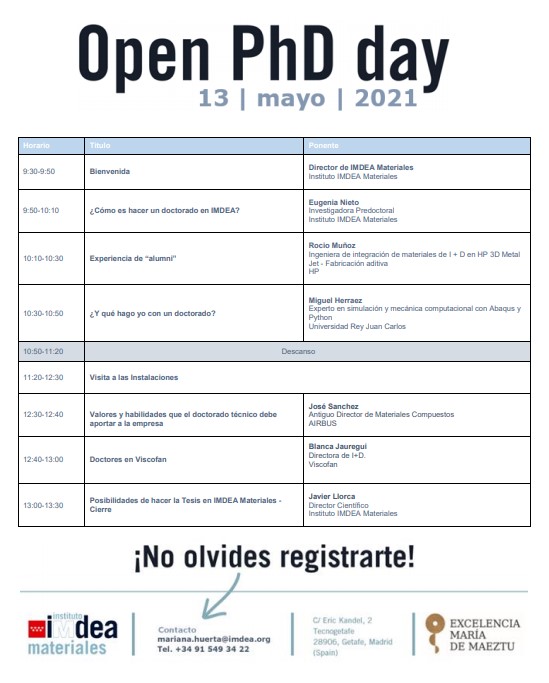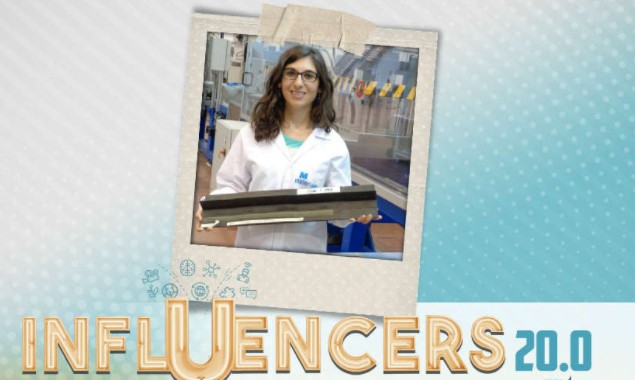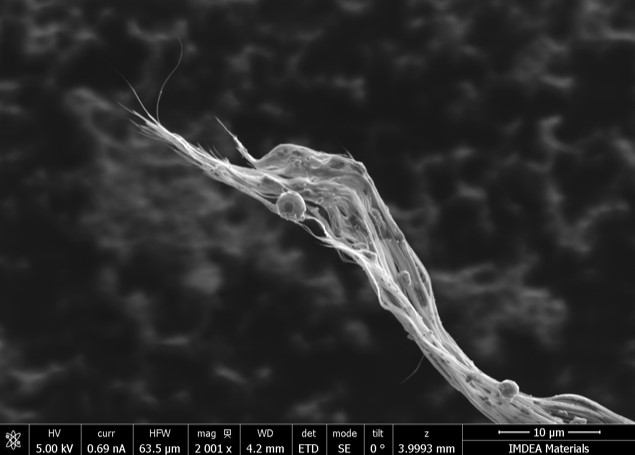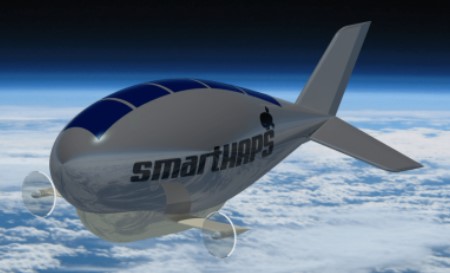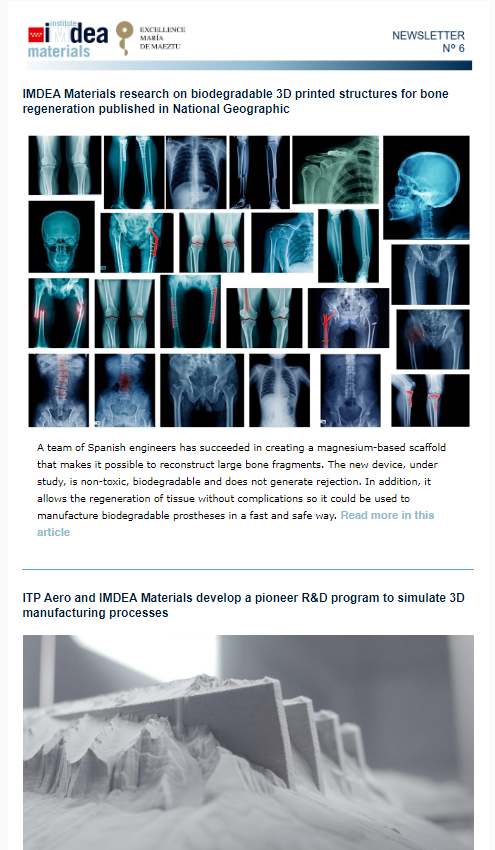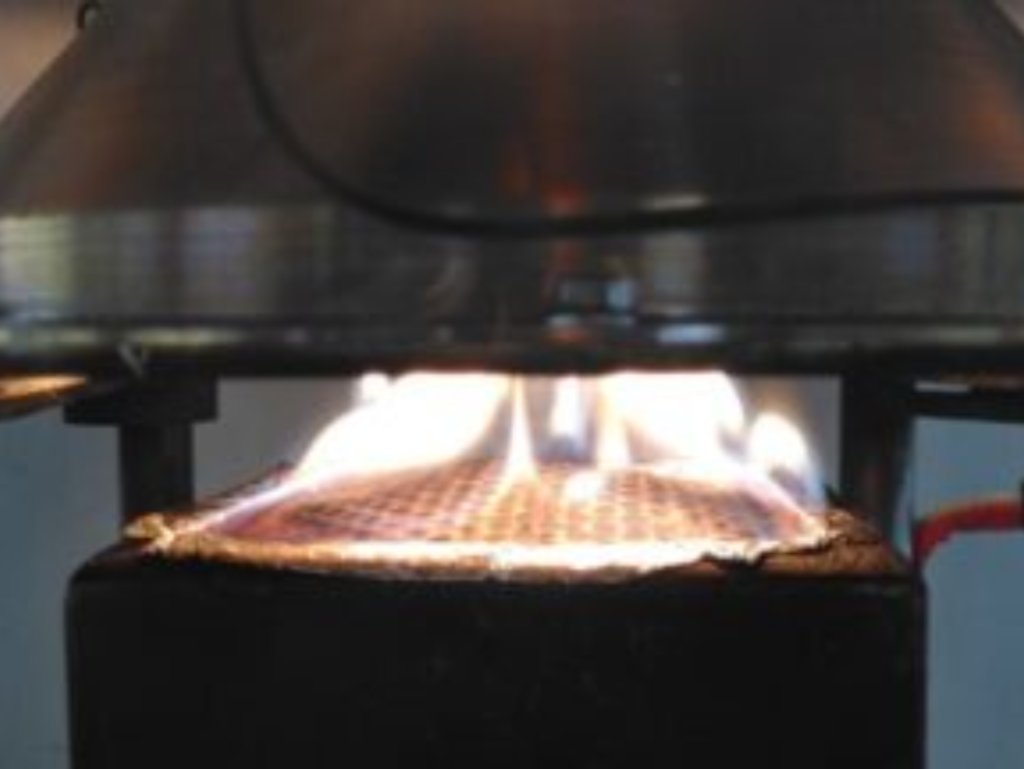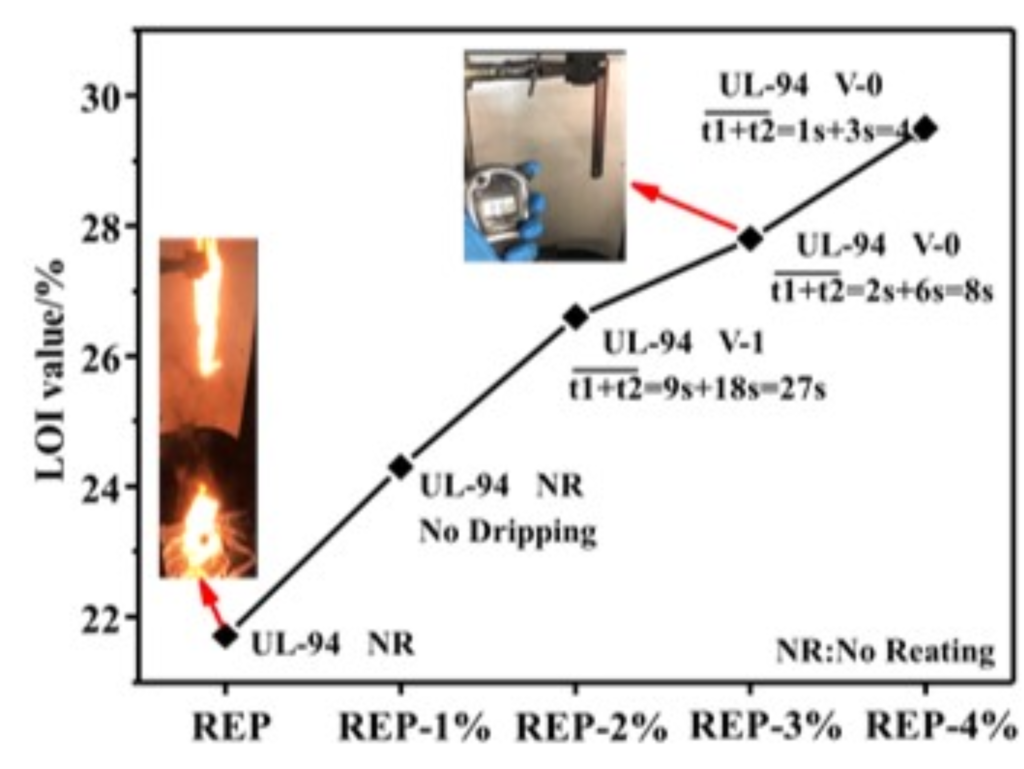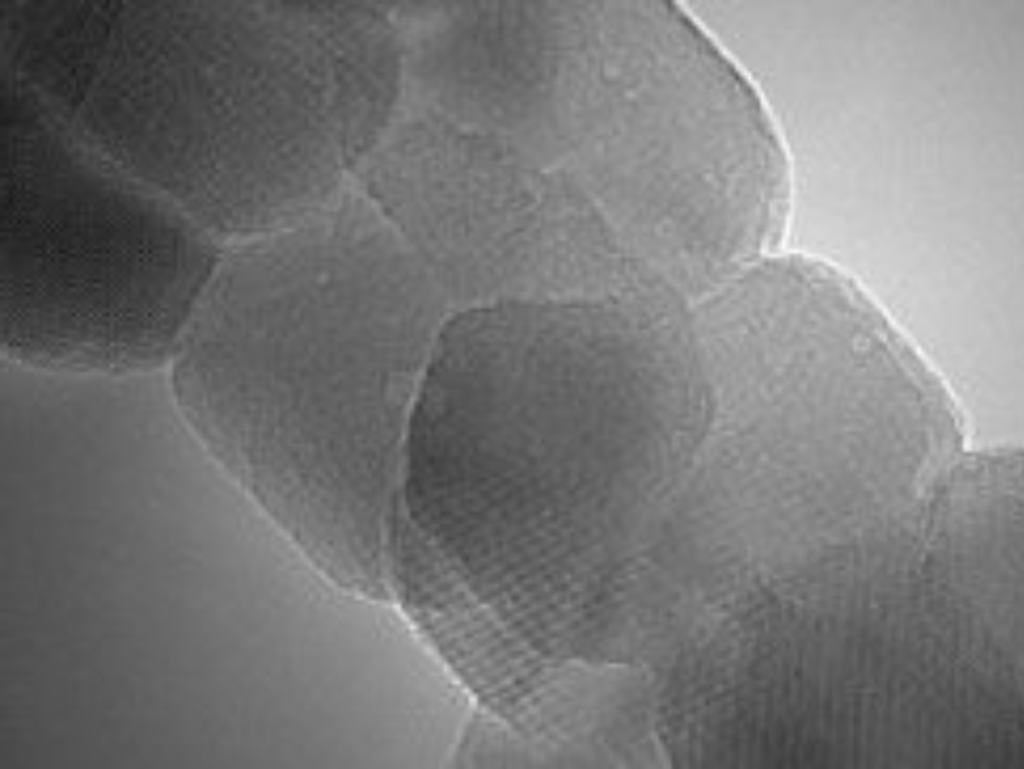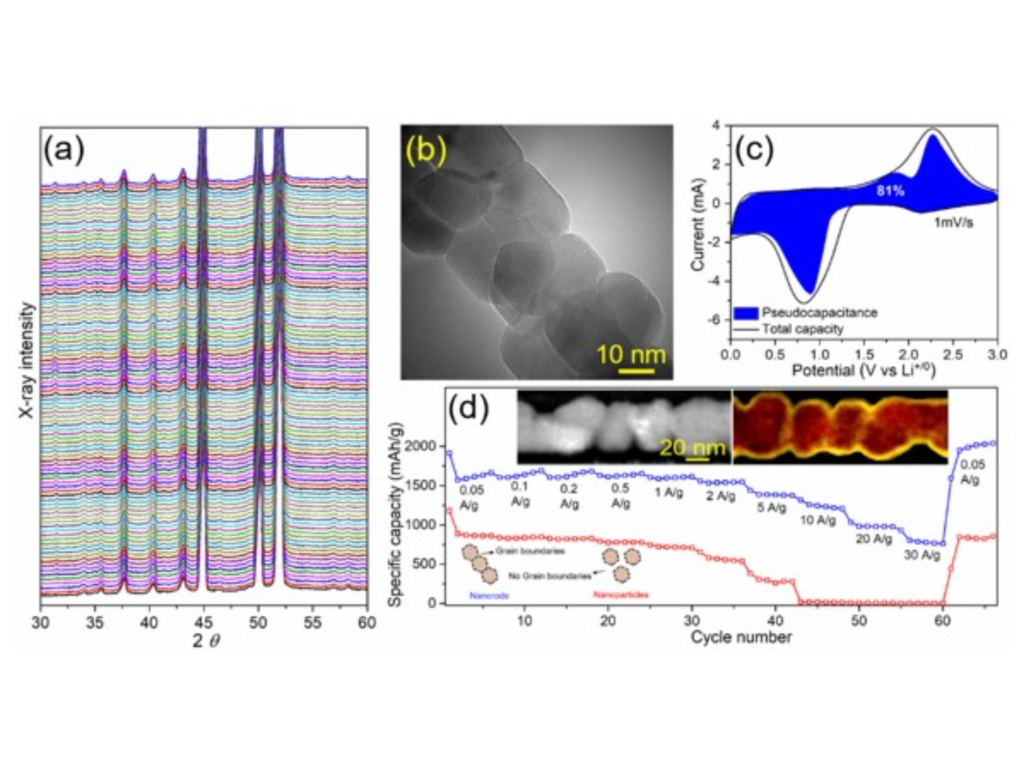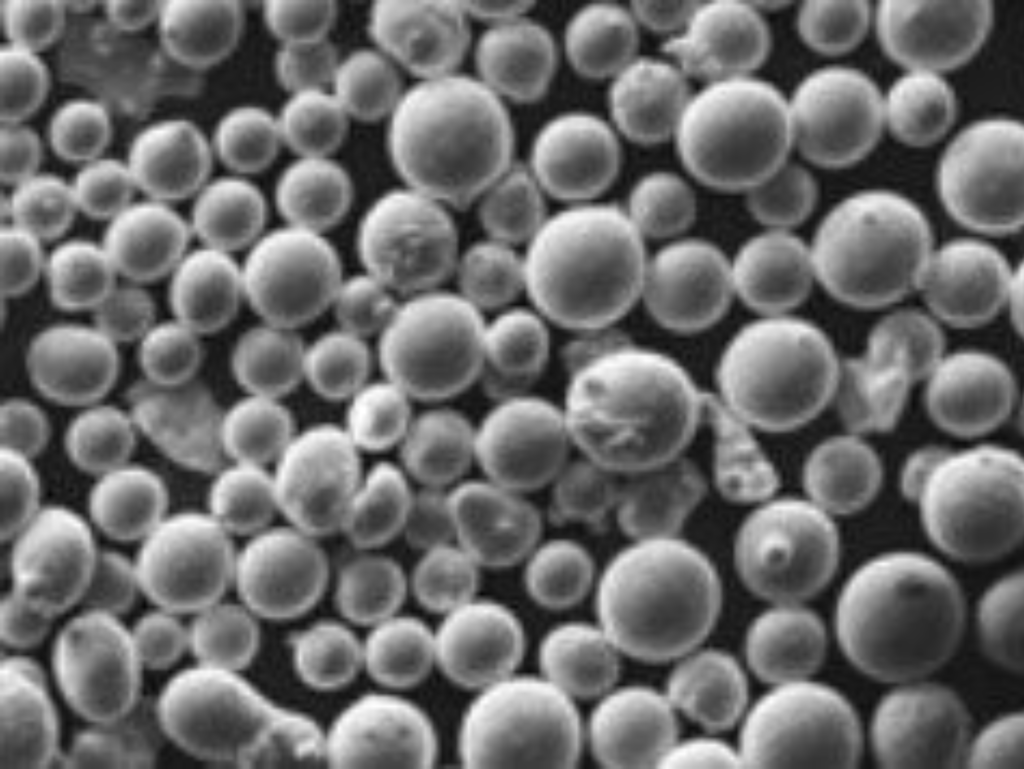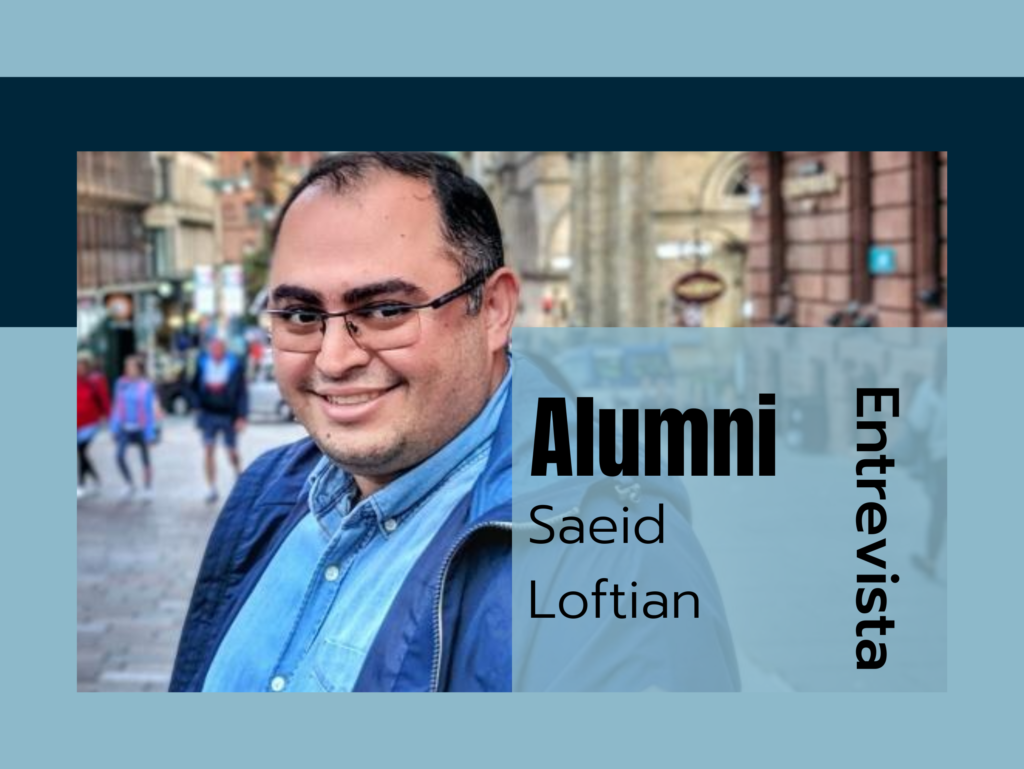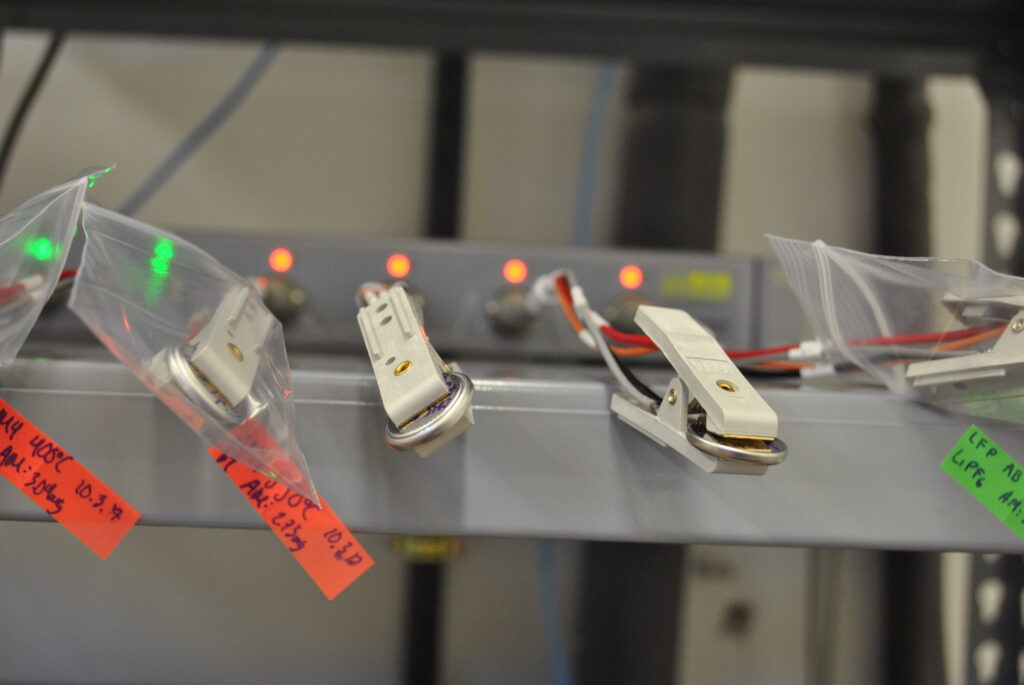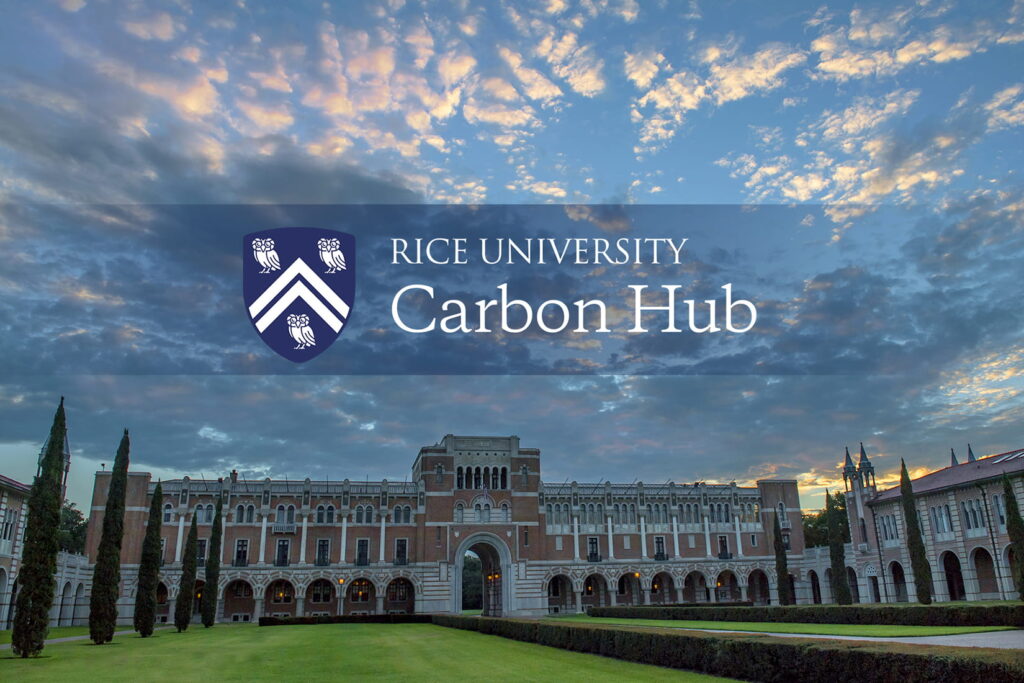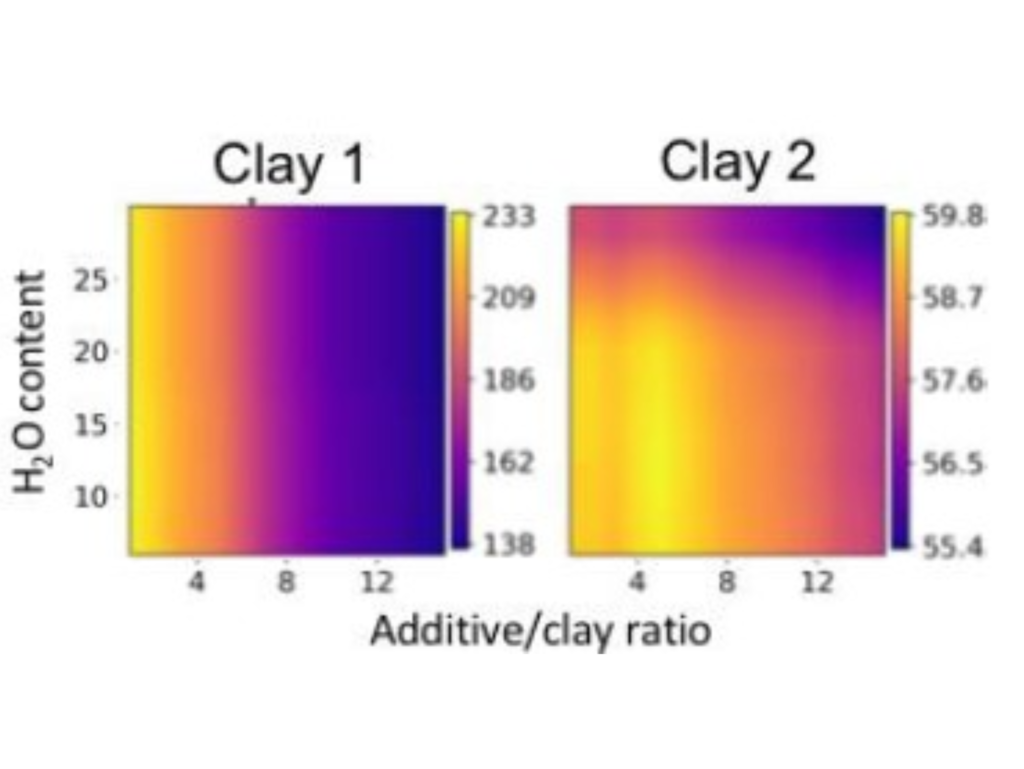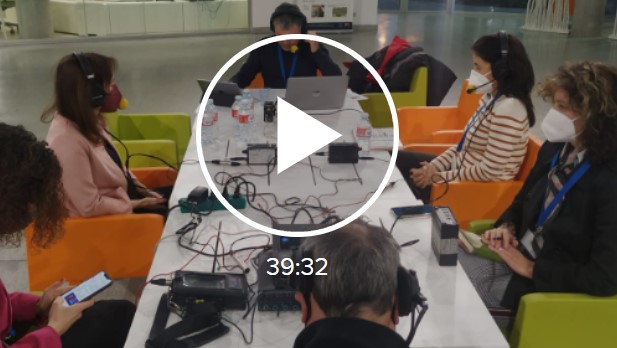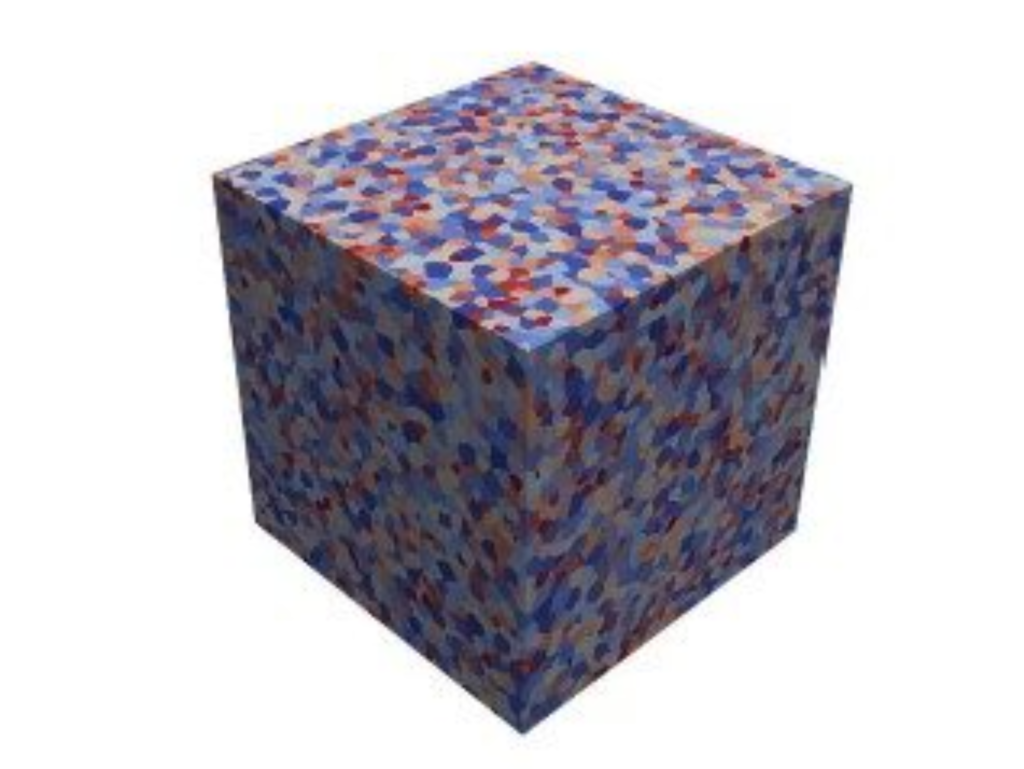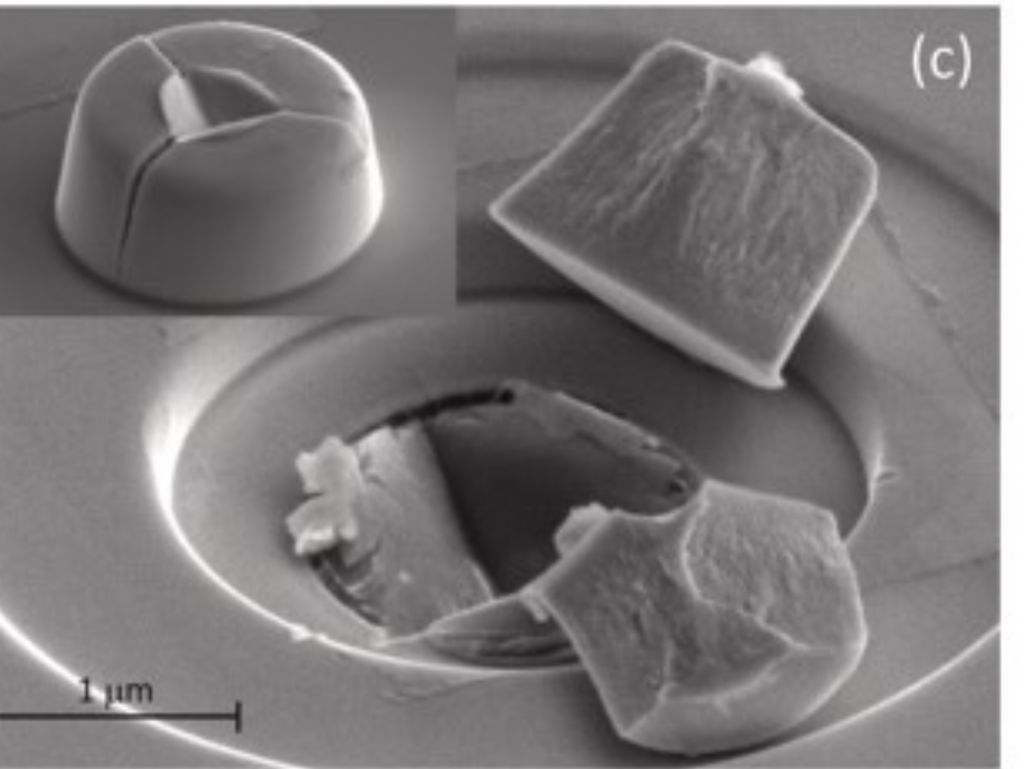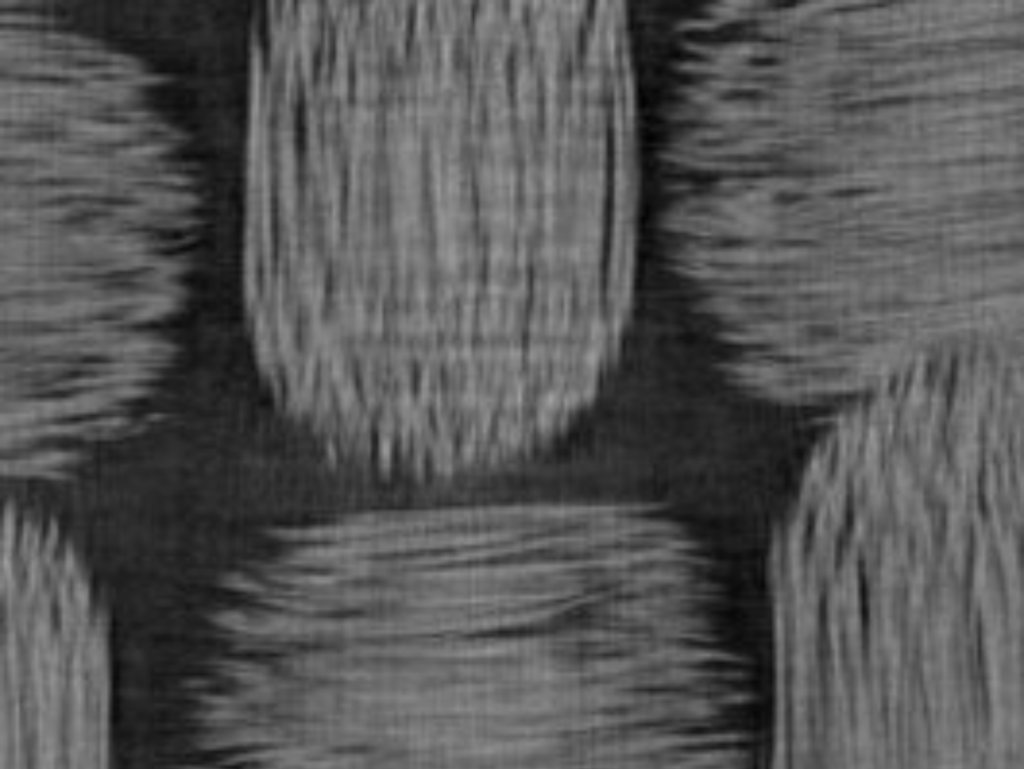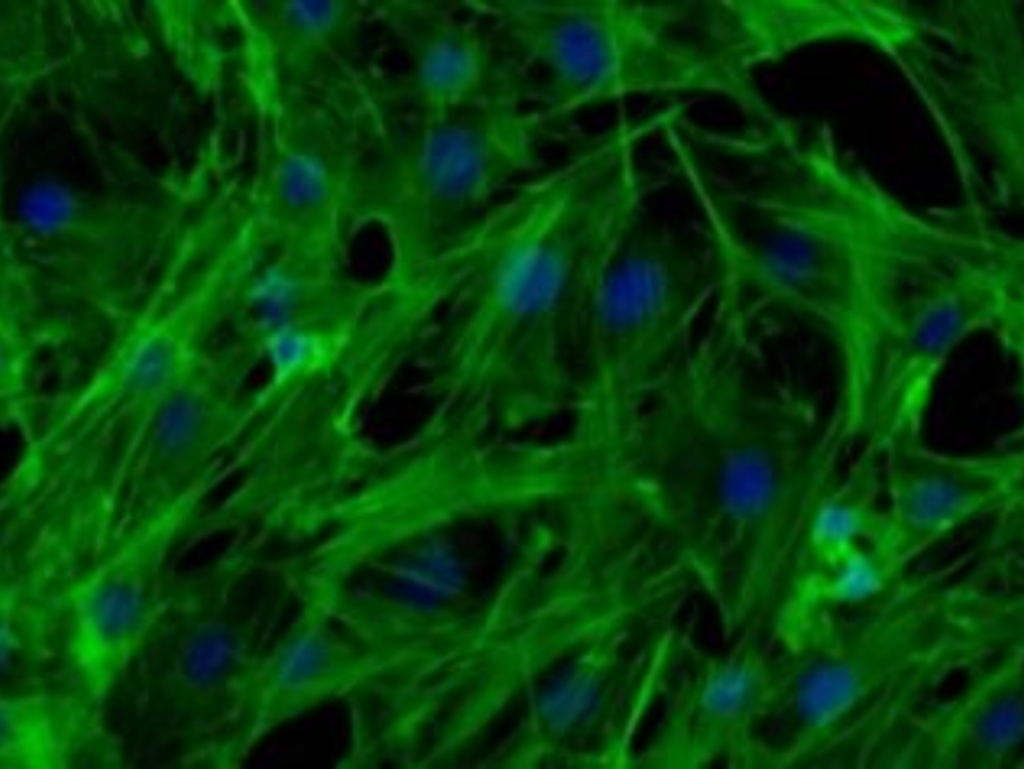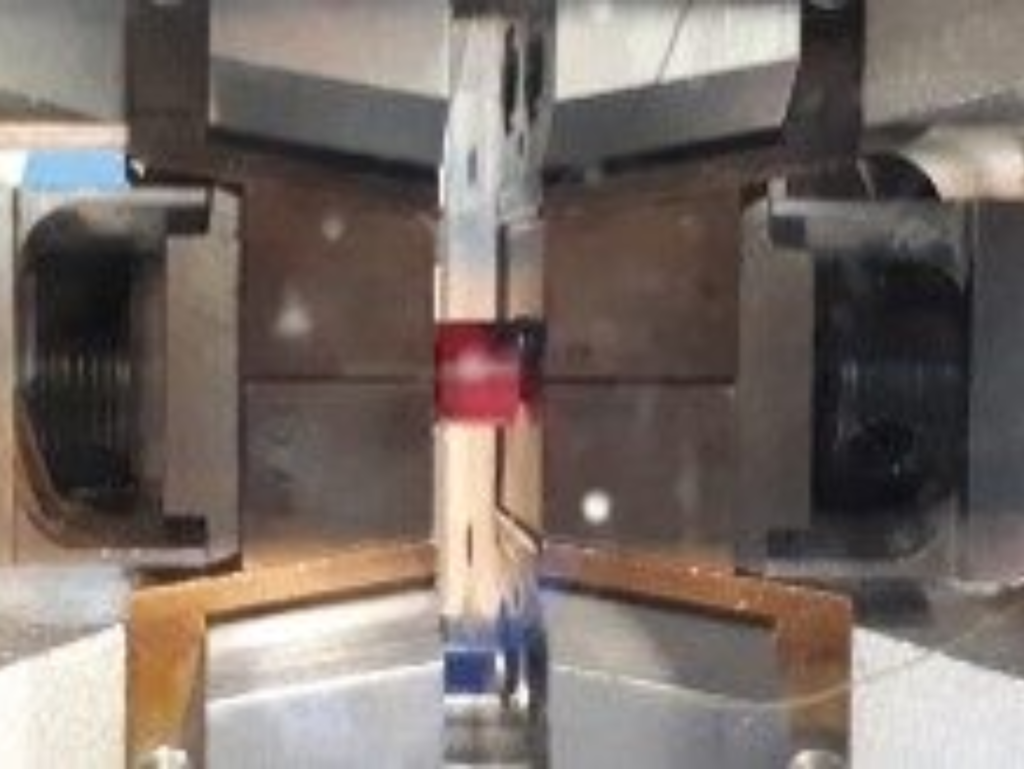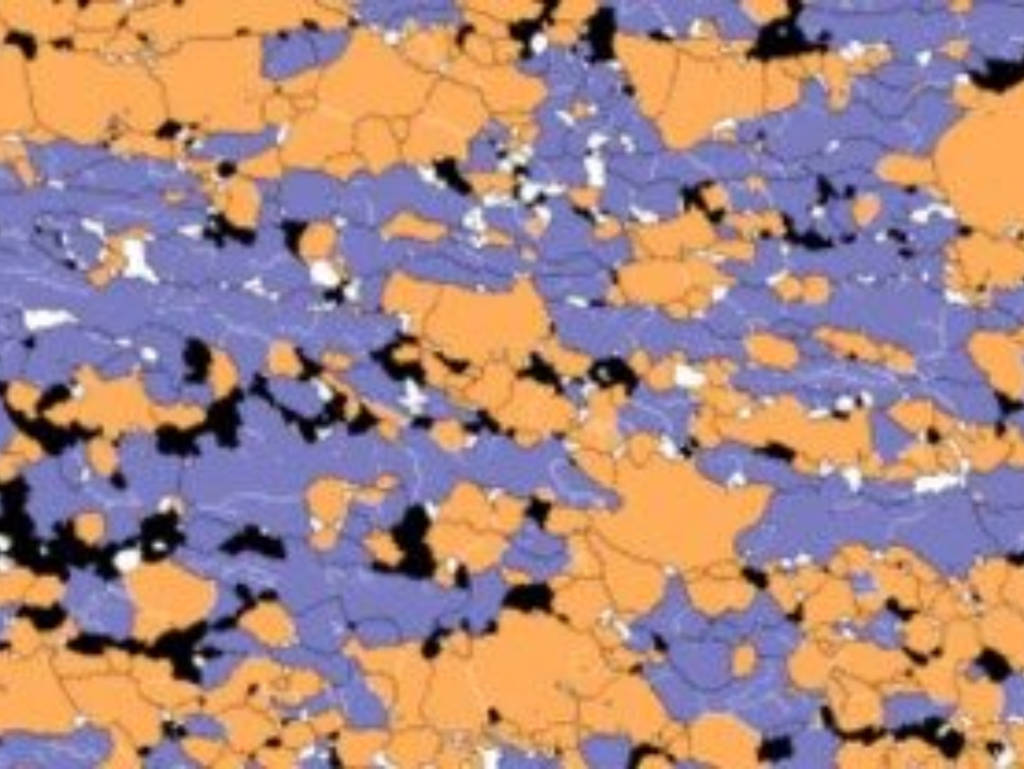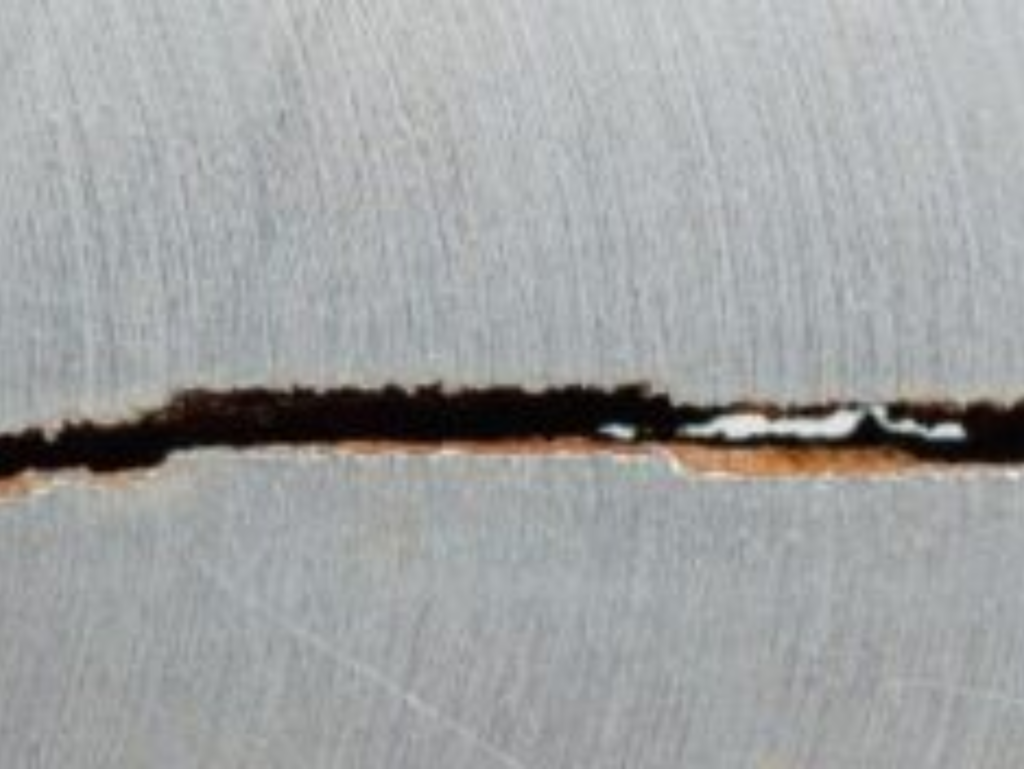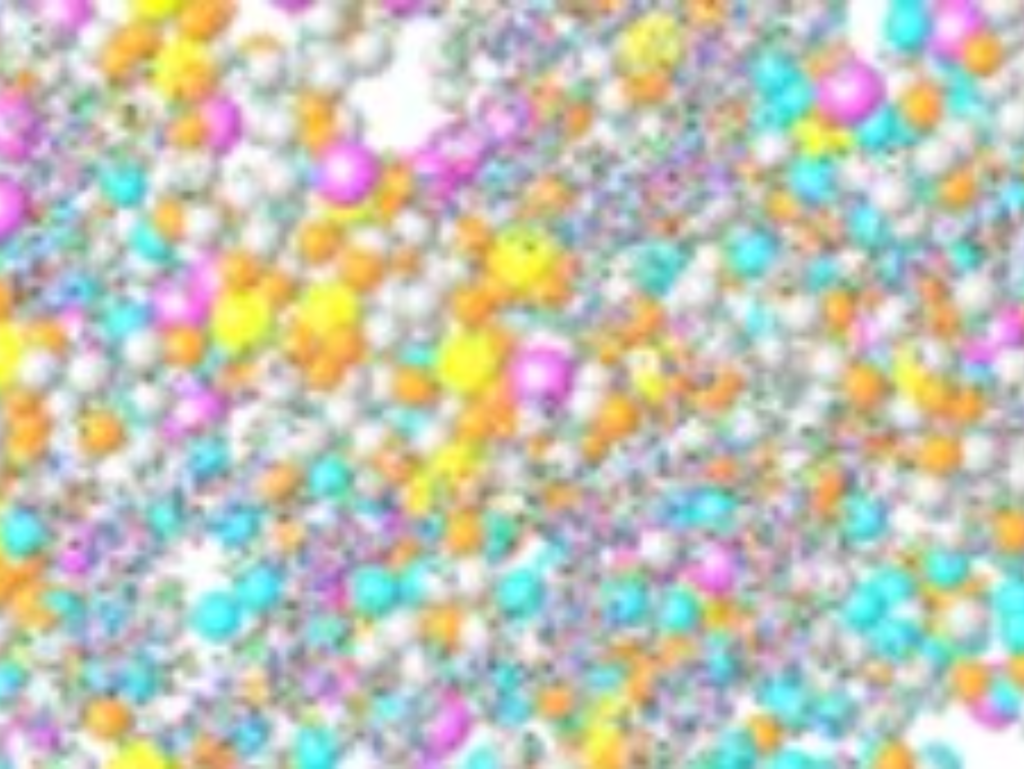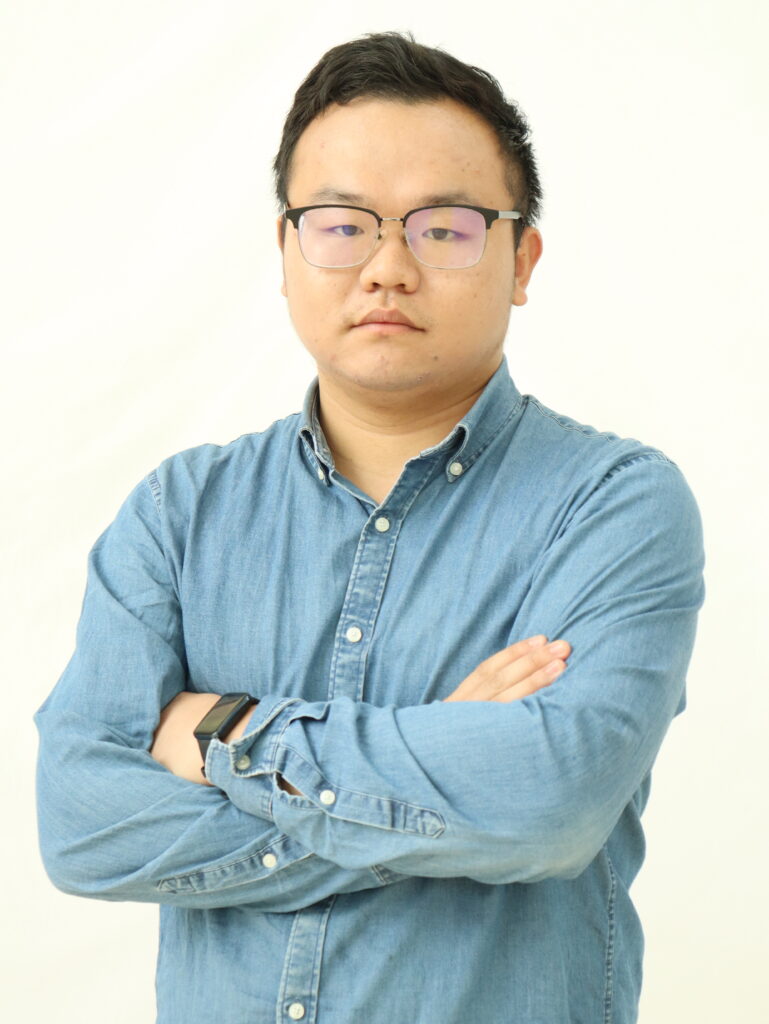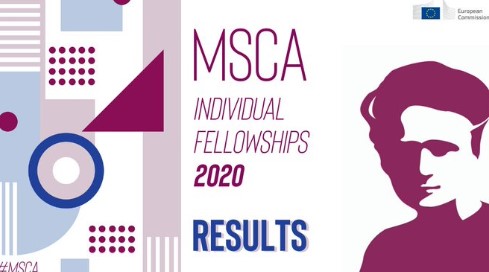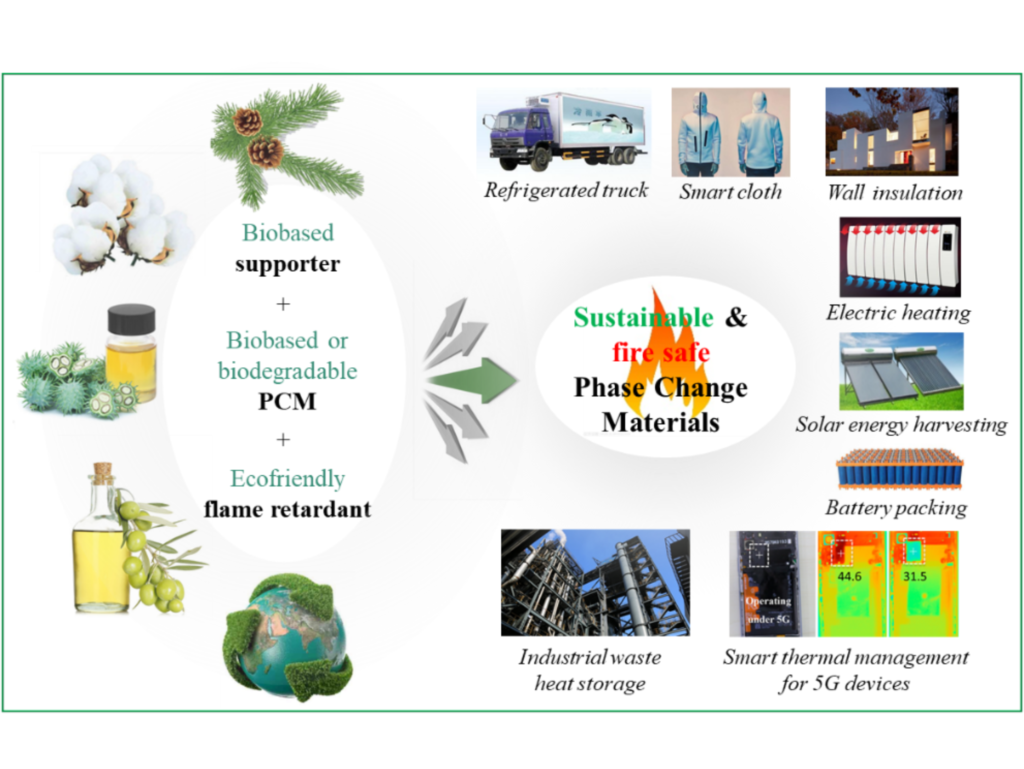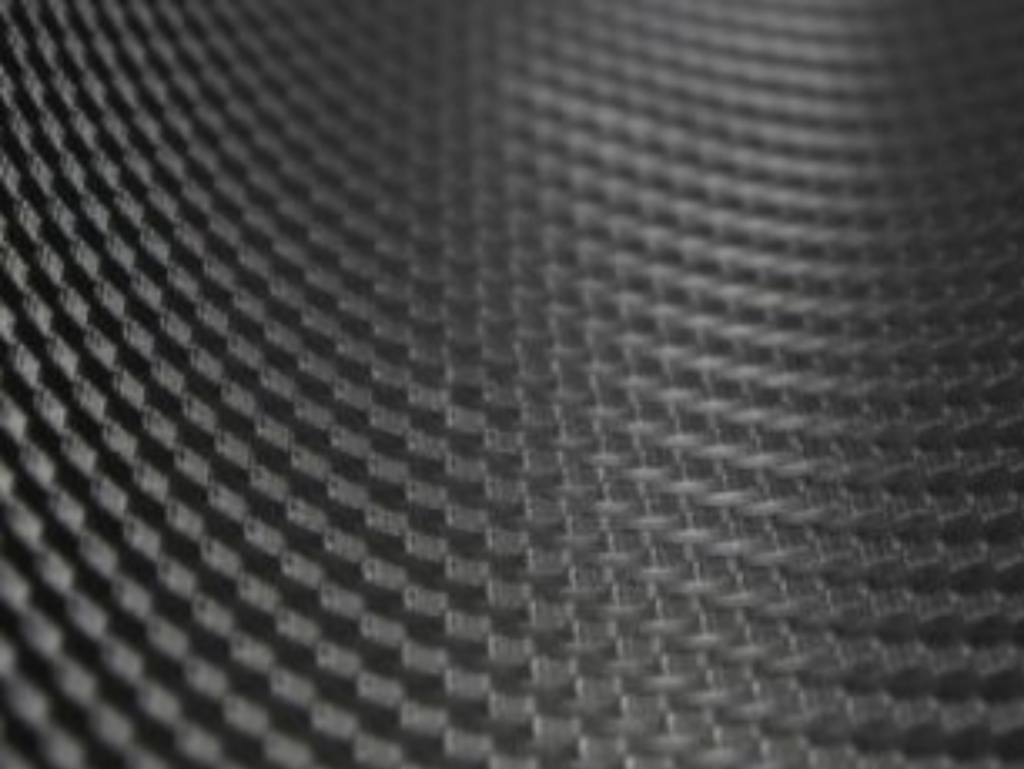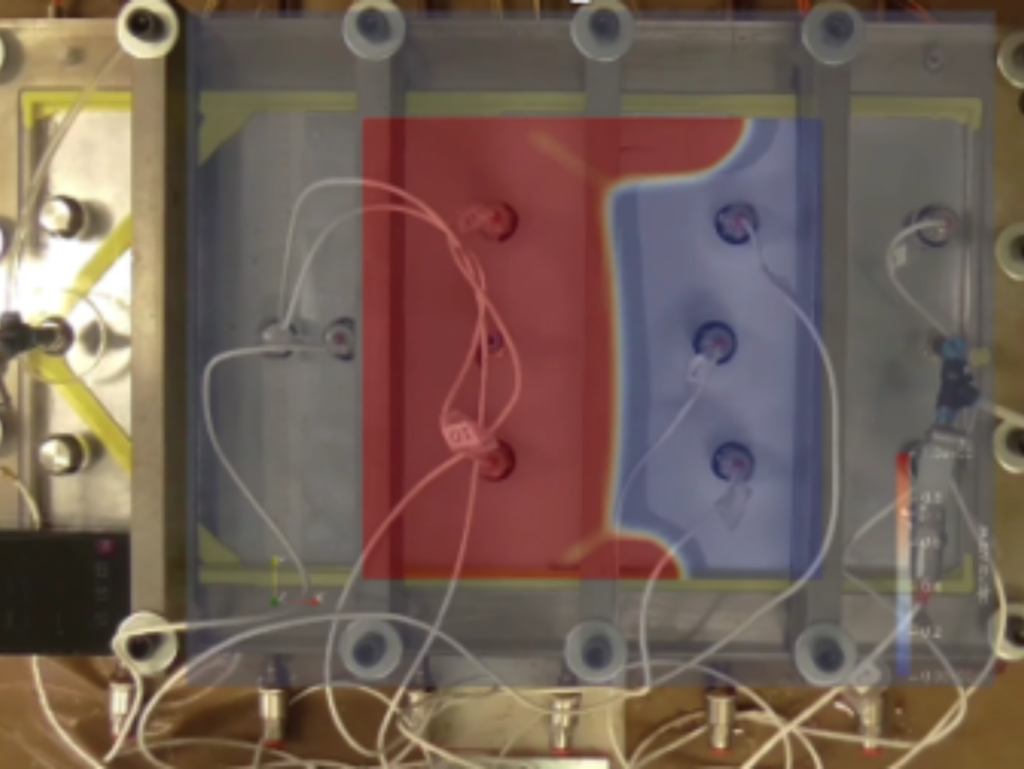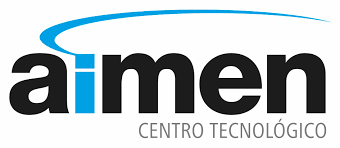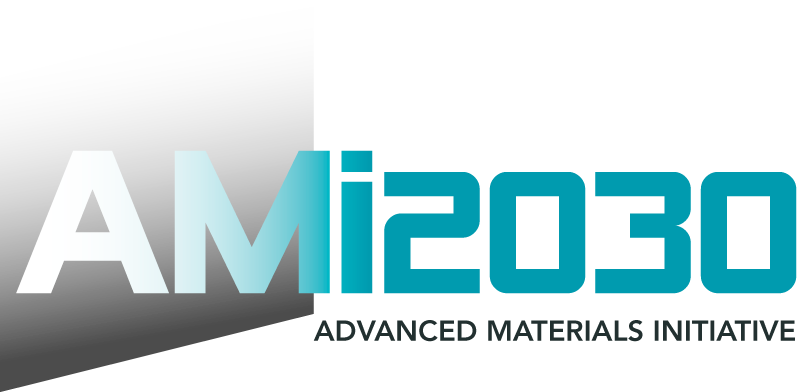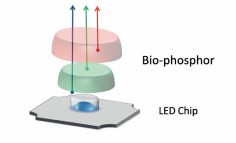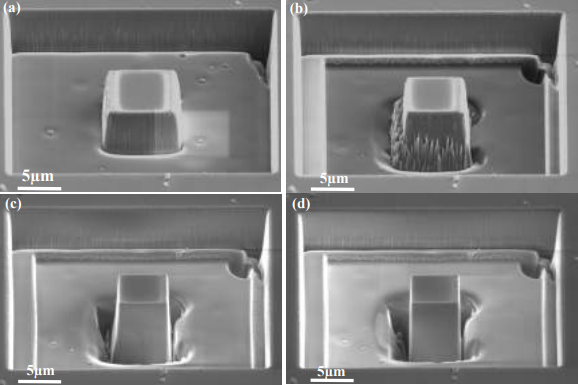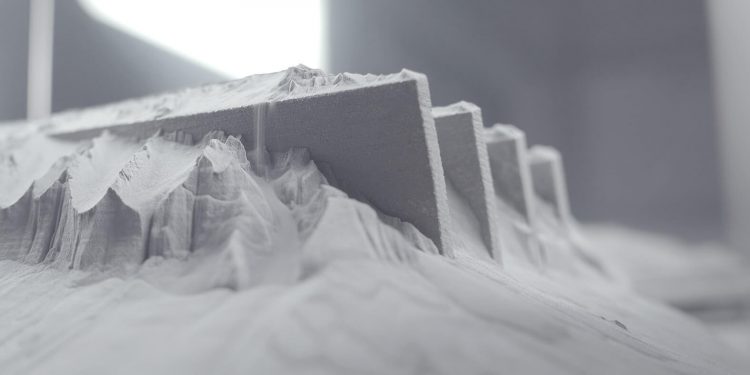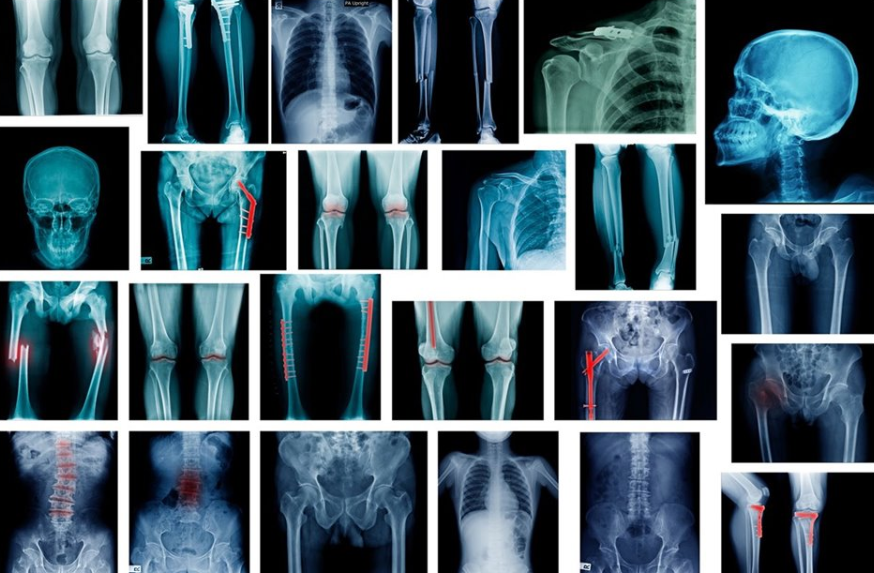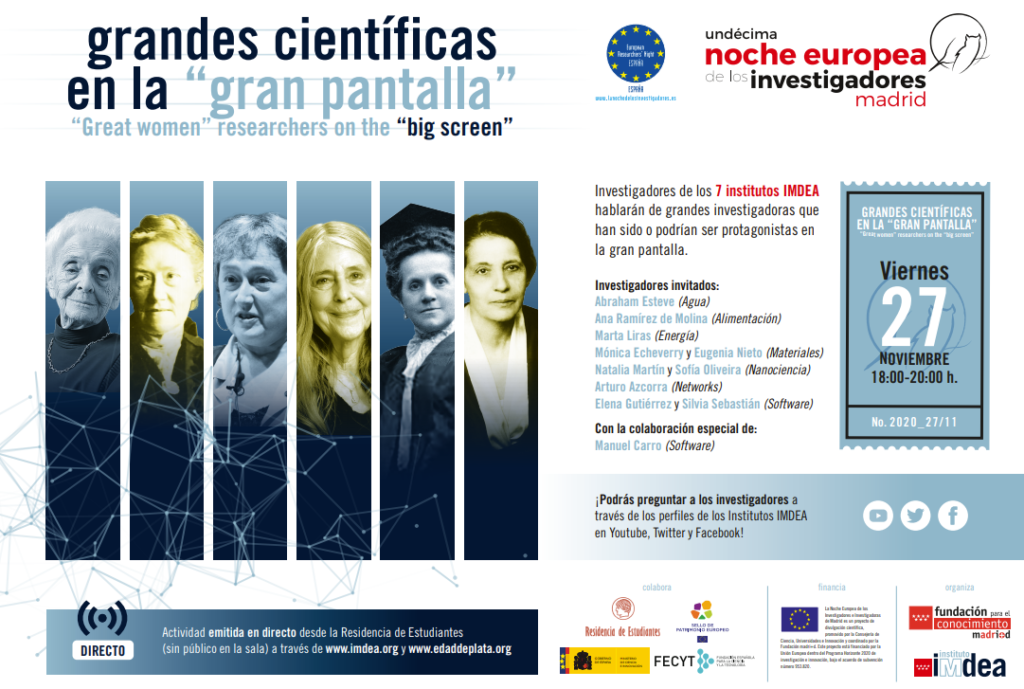A stochastic solver based on the residence time algorithm for crystal plasticity models
3D bioprinting of molecularly engineered PEG-based hydrogels utilizing gelatin fragments
Seminario del Dr. Harun Tüysüz del Instituto Max-Planck für Kohlenforschung en Alemania, titulado «Tailor-made Nanostructured Catalysts for Photo- and Electro-chemical Energy Conversion» – 22 de septiembre a las 12:00 pm en el Auditorio.
Resumen: The particular research interest of the speaker is the design and development of well-defined nanostructured materials and studying their structure-activity relationships for sustainable energy related catalytic transformations. After a brief introduction, the focus of the first part
Identification of Collapsed Carbon Nanotubes in High-Strength Fibers Spun from Compositionally Polydisperse Aerogels
Investigation of the Effect of 475 degrees C Aging Treatment on Mechanical Properties of a Fe-19Cr-5.5Al ODS Alloy Using Tensile, Impact and Small Punch Tests
Composite Fabrics of Conformal MoS2 Grown on CNT Fibers: Tough Battery Anodes without Metals or Binders
Icosahedral quasicrystal-enhanced nucleation in Al alloys fabricated by selective laser melting
Alumni Newsletter Nº 7
Click in the image to access the full newsletter
Webinar sobre “On the use of machine learning for smart manufacturing of structural composites”
El próximo 29 de septiembre, el Prof. Carlos D. González presentará parte del trabajo desarrollado en su grupo de investigación, bajo el título “On the use of machine learning for smart manufacturing of structural composites”. Este webinar, que se celebrará a través de Zoom, cubrirá los
An FFT-based approach for Bloch wave analysis: application to polycrystals
La ciencia, la mejor aliada del Planeta
Todos tenemos la responsabilidad de intentar preservar el medio ambiente lo mejor posible. Sin embargo, si te dedicas a la investigación, tu responsabilidad es aún mayor. Al menos eso es lo que creen los investigadores de los Institutos IMDEA. El próximo viernes 24 de septiembre, en el marco de la
(BIOFIRESAFE) BIOBASED, SELF-REINFORCED AND FLAME RESISTANT ALL-SOLID-STATE POLYMER ELECTROLYTES FOR NEW GENERATION FIRE-SAFE BATTERY
Project details Funding: Ministerio de Ciencia e Innovación - Plan Estatal de Investigación Científica y Técnica y de Innovación 2017-2020- Subprograma Estatal de Generación de Conocimiento Project coordinator: IMDEA MaterialsProject period: 01/09/2021 – 31/08/2024 IMDEA Materials'
Numerical Simulation of Flame Retardant Polymers Using a Combined Eulerian-Lagrangian Finite Element Formulation
Effect of mechanical alloying on the microstructural evolution of a ferritic ODS steel with (Y-Ti-Al-Zr) addition processed by Spark Plasma Sintering (SPS)
Ponemos en marcha un laboratorio de cultivo celular y biomateriales para investigar materiales innovadores de uso sanitario
Hemos puesto en marcha un laboratorio de cultivo celular y biomateriales para investigar materiales innovadores de uso sanitario, gracias al apoyo de la Comunidad de Madrid y de la Agencia Estatal de Investigación (AEI). Este espacio nos permitirá analizar la respuesta de los tejidos vivos a nuevas
Deformation mechanisms of basal slip, twinning and non-basal slips in Mg-Y alloy by micropillar compression
Polyrotaxane: New generation of sustainable, ultra-flexible, form-stable and smart phase change materials
Finite element analysis to determine the role of porosity in dynamic localization and fragmentation: Application to porous microstructures obtained from additively manufactured materials
Defensa de Tesis Doctoral de Wenliang Feng titulado «Na-ion Hybrid Energy Storage Devices Based on Nanoengineered Electrode» – 7 de septiembre, 2021.
La defensa se llevará a cabo online el martes 7 de septiembre de 2021 a las 12:00 horas. Ha sido supervisada por el Prof. Vinodkumar Etacheri.
Effect of the heat treatment on the microstructure and hardness evolution of a AlSi10MgCu alloy designed for laser powder bed fusion
Realization of High Energy Density Sodium-Ion Hybrid Capacitors through Interface Engineering of Pseudocapacitive 3D-CoO-NrGO Hybrid Anodes
Realization of High Energy Density Sodium-Ion Hybrid Capacitors through Interface Engineering of Pseudocapacitive 3D-CoO-NrGO Hybrid Anodes
High throughput optimization of hard and tough TiN/Ni nanocomposite coatings by reactive magnetron sputter deposition
Seminario del Sergio Sanchez González de la Universidad Northumbria, titulado «Metallic materials for biodegradable implants and antimicrobial surfaces» – 22 de julio las 12:00 pm en la Sala de Seminario.
Abstract Metallic materials are of interest in the healthcare sector because they can be used for multiple applications including as biodegradable implants and as antimicrobial touch surfaces for hospitals and other healthcare settings. With an ever-increasing demand for materials that need to
Simultaneous improvements in conversion and properties of molecularly controlled CNT fibres
IMDEA Materiales celebra la reunión de lanzamiento de su Consejo Asesor Industrial
El pasado 14 de junio IMDEA Materiales celebró mediante videoconferencia la reunión de lanzamiento de su recién formado Industrial Advisory Board (IAB). El objetivo de esta iniciativa estratégica es reunir a un selecto grupo de líderes industriales en I+D+i, expertos en transferencia de tecnología y
High-Performance Lithium Sulfur Batteries Based on Multidimensional Graphene-CNT-Nanosulfur Hybrid Cathodes
Consejo Asesor Industrial
La Visión del Instituto de Materiales IMDEA es convertirse en un instituto de investigación líder, reconocido internacionalmente por su excelencia en ciencia e ingeniería de materiales y sus contribuciones a la transformación de la sociedad. Para lograr este objetivo, IMDEA Materiales ha creado un
Understanding the Links between the Composition-Processing-Properties in New Formulations of HEAs Sintered by SPS
Webinar sobre “Environmentally Friendly Flame Retardant Materials: from fundamentals to advanced applications”
El próximo 14 de julio, el Prof. Dr. De-Yi Wang presentará parte del trabajo desarrollado en su grupo de investigación, bajo el título “Environmentally Friendly Flame Retardant Materials: from fundamentals to advanced applications”. Este webinar, que se celebrará a través de Zoom y será
José Manuel Torralba recibe la Medalla de Oro Europea de Materiales 2021 de la FEMS
Nuestro Director, José Manuel Torralba, ha sido galardonado con la Medalla de Oro Europea de Materiales 2021 por la Federación de Sociedades Europeas de Materiales (FEMS). La Medalla Europea de Materiales (Medalla de Oro), establecida en 1993, es el premio más prestigioso de la FEMS y se otorga en
Nanostructured fabrics to host new nanomaterials for advanced electrodes in energy storage and conversion
IMDEA Materials has developed a method to produce highly conducting nanostructured fabrics for use as current collectors or scaffold for active materials in composite electrodes for energy storage and conversion. Integration of these fabrics reduces electrode weight, improves cyclability/durability
Impresión 3D de metamateriales para aplicaciones estructurales
La fabricación aditiva, o impresión 3D de metales, permite construir estructuras ultraligeras y resistentes con geometrías que es imposible lograr mediante técnicas de mecanizado y procesado convencionales, incluyendo las complejas estructuras tipo “lattice” o “celosía”. Se trata de construcciones
Machine-learning-accelerated multimodal characterization and multiobjective design optimization of natural porous materials
Recyclable flame-retardant epoxy composites based on disulfide bonds: Flammability and recyclability
(i-MPLANTS) Metamaterial printing using shape memory alloys and functional gradients for a new generation of smart implants
The project Funding: Gobierno de la Comunidad de Madrid, Programa Sinérgico 2020 Region: Madrid Project period: 2021 – 2024 Principal Investigators: Jon Mikel Molina Aldareguia (jon.molina@imdea.org) "i-MPLANTS-CM", printing of metamaterials with shapememory alloys and functional gradients of
Baterías flexibles para su integración en componentes del interior del automóvil como techos, maleteros y suelos
Grupo Antolin, proveedor global de soluciones tecnológicas para el interior del automóvil, colabora con los Institutos IMDEA Materiales e IMDEA Energía en la investigación de baterías de litio flexibles que se puedan integrar fácilmente en los componentes del interior de los vehículos. El objetivo
Printable Carbon-based conducting cables
IMDEA Materials has developed a method to produce highly conductingnanostructured fibres for use as lightweight conductors (see Fig. 1). On a massbasis, these conductors have superior electrical/thermal conductivity andhigher ampacity (maximum current density) than most metals. Their graphiticnature
In Situ Ambient Preparation of Perovskite-Poly(L-lactic acid) Phosphors for Highly Stable and Efficient Hybrid Light-Emitting Diodes
Singular Applications of Capacitive Deionization: Reduction of the Brine Volume from Brackish Water Reverse Osmosis Plants
Nanostructured Silicon anodes for Lithium-ion batteries
IMDEA Materials has a proprietary method to produce continuous sheets of nanostructured Silicon [1] (see Fig. 1) and their integration as high capacity anodes in Lithium-ion batteries without use of processing solvents or polymers. The electrodes combine high capacity (> 6 mAh/cm2), high
Development of competitive high-entropy alloys using commodity powders
(MULTI-FAM) DEVELOPMENT OF MULTI-MATERIAL AND MULTIFUNCTIONAL 3D PARTS THROUGH ADDITIVE MANUFACTURING ASSISTED BY INTELLIGENT MATERIAL AND PROCESS DESIGN
Funding: Ministerio de Ciencia e Innovación. Retos Colaboración 2019 Region: National Project period: 2020 – 2022 Partners: ArcelorMittal (Project Coordinator), AIMEN, IMDEA Materials Institute Principal Investigator: Damien Tourret (damien.tourret@imdea.org) The MULTI-FAM project proposes
DELIGHTED holds second progress meeting
The second online progress meeting was held on June 22, 2021. Project partners presented and discussed their research activities within the last 6 months, as well as preparation of deliverables. The research plans for the next 6 months were updated.
Fast and Accurate Machine Learning Strategy for Calculating Partial Atomic Charges in Metal-Organic Frameworks
First Year Assessment of Lucia Cobian, entitle «Experimental-Numerical Analysis of Polymer Based Lattice Materials Fabricated with Additive Manufacturing» – 24th of June, 2021, a las 12:00 pm.
Resumen: Lattice materials are materials constituted by the repetition of small cells composed of structural units as bars, beams or shells, which form a lattice. The cell geometry can be designed to have an outstanding macroscopic response such as very high specific stiffness or energy
First Year Assessment de Isabel Gómez titulado «Synthesis and Characterization of inorganic nanowires via Floating Catalyst Chemical Vapour Deposition»- 12:00 pm, 25 de Junio, 2021.
Resumen: The work presented is the result of a year studying the growth of inorganic nanowires by floating catalyst chemical vapour deposition (FCCVD) with the objective of applying this technique to the synthesis of metal oxide nanowires. The differences between substrated-CVD and FCCVD
Calorimetric and Dielectric Investigations of Epoxy-Based Nanocomposites with Halloysite Nanotubes as Nanofillers
Defensa de Tesis Doctoral de Rodrigo Santos titulado «Analysis of precipitation hardening in metallic alloys by means of dislocation dynamics» – 21 de junio, 2021.
La Defensa Doctoral tendrá lugar el 21 de junio a las 11:30 pm en la "Sala Verde" de la Escuela de Caminos, Canales y Puertos de la UPM. La disertación se titula "Analysis of precipitation hardening in metallic alloys by means of dislocation dynamics". Ha sido supervisada por el Dr. Javier
Defensa de Tesis Doctoral de Mario Rueda titulado «Experimental and computational micromechanics of fibre-reinforced polymer composites at high strain rates» – 25 de junio, 2021.
La Defensa Doctoral tendrá lugar el 25 de junio a las 12:00 pm en la "Sala Verde" de la Escuela de Caminos, Canales y Puertos de la UPM. La disertación se titula "Experimental and computational micromechanics of fibre-reinforced polymer composites at high strain rates" Ha sido supervisada por
Highly efficient BiVO4 single-crystal nanosheets with dual modification: phosphorus doping and selective Ag modification
Machine learning with persistent homology and chemical word embeddings improves prediction accuracy and interpretability in metal-organic frameworks
High temperature in situ SEM assessment followed by ex situ AFM and EBSD investigation of the nucleation and early growth stages of Fe-Al intermetallics
Dislocation dynamics prediction of the strength of Al-Cu alloys containing shearable θ ′ ′ precipitates
Metal organic frameworks enabled rational design of multifunctional PEO-based solid polymer electrolytes
A multiplicative finite strain crystal plasticity formulation based on additive elastic corrector rates: Theory and numerical implementation
Jose Manuel Torralba, elegido nuevo Director
El pasado 27 de abril, una vez concluido un proceso de selección internacional, el Prof. José Manuel Torralba fue nombrado Director del Instituto IMDEA Materiales por el Patronato del centro. El Prof. Torralba sustituye al Prof. Ignacio Romero, que ha estado al frente del Instituto durante los
Ofertas de acogida para las becas postdoctorales Marie Skłodowska-Curie 2021
Buscamos investigadores postdoctorales interesados en solicitar una beca postdoctoral Marie Skłodowska-Curie (MSCA PF) en la convocatoria 2021. Nuestro Instituto tiene una larga trayectoria acogiendo a fellows MSCA y ha obtenido excelentes tasas de éxito en las últimas convocatorias MSCA PF. Las
Photoelectrocatalytic detection of NADH on n-type silicon semiconductors facilitated by carbon nanotube fibers
Effect of ZrH2 particles on the microstructure and mechanical properties of IN718 manufactured by selective laser melting
Novel Phosphorous-Based Deep Eutectic Solvents for the Production of Recyclable Macadamia Nutshell-Polymer Biocomposites with Improved Mechanical and Fire Safety Performances
Novel Phosphorous-Based Deep Eutectic Solvents for the Production of Recyclable Macadamia Nutshell-Polymer Biocomposites with Improved Mechanical and Fire Safety Performances
First Year Assessment de Keayvan Keramati titulado «Race Tracking Study during RTM and predict it with machine learning by CFD generated data»- 28 de Mayo, 2021, a las 11:00 am.
Resumen: Resin transfer molding (RTM) is a closed-mold procedure in the composite manufacturing process. The resin enters the mold from the inlet port, and the gradient pressure of the inlet and outlet makes the flow move into the mold. A common disturbance that happened during the process is
Surface functionalization of carbon fabric towards high-performance epoxy composites via enhanced fiber-matrix interfacial strength and intergrowth charring behavior
Chlorite oxidized oxyamylose differentially influences the microstructure of fibrin and self assembling peptide hydrogels as well as dental pulp stem cell behavior
Rationally designed zinc borate@ZIF-8 core-shell nanorods for curing epoxy resins along with low flammability and high mechanical property
Conferencia IMDEA Materiales – KIST 2021
El próximo 25 de mayo organizamos una conferencia conjunta con el Instituto de Ciencia y Tecnología de Corea para explorar oportunidades de colaboración en el campo de los materiales compuestos.
Post-processing effects on microstructure, interlaminar and thermal properties of 3D printed continuous carbon fibre composites
Rationally designed zinc borate@ZIF-8 core-shell nanorods for curing epoxy resins along with low flammability and high mechanical property
Materiales para Salud
OBJETIVO Y VISIÓN El Programa de Materiales para Salud busca desarrollar nuevas estrategias basadas en materiales, que aborden diversos retos en medicina, desde el tratamiento de daños en órganos o tejidos hasta la mejora de los sistemas de liberación de fármacos. El
Post-processing effects on microstructure, interlaminar and thermal properties of 3D printed continuous carbon fibre composites
Processing and properties of long recycled-carbon-fibre reinforced polypropylene
Preface – Virtual Special Issue on nanomechanical testing in materials research and development
«2nd PhD Meeting» de IMDEA Materiales
¿Quieres desarrollar tu carrera en el ámbito de la ciencia y la innovación? ¿Te gustaría hacer tu Doctorado en una investigación más aplicada y cercana al mercado? ¡Ven a ver los proyectos en los que podrías trabajar con nosotros el próximo 6 de Febrero!
Andrea Fernández, considerada “Influencer 20.0”.
¡Nuestra compañera Andrea Fernández, considerada “Influencer 20.0”! Ha sido protagonista de esta consideración gracias a su investigación para ayudar a los demás y tratar de hacer un mundo mejor. En el siguiente link podréis ver toda la información al igual que el video donde le hacen una
Varios científicos de IMDEA Materiales en el «Ranking of the World Scientists: World’s Top 2% Scientists»
La Universidad de Standford acaba de publicar su "Ranking of the World Scientists: World´s Top 2% Scientists". El ranking, que analiza datos de Scopus como el número de artículos publicados, el impacto de las citas a lo largo de la carrera hasta finales de 2019 y el impacto de las citas durante el
Spatial inhomogeneity, interfaces and complex vitrification kinetics in a network forming nanocomposite
High-throughput nanoindentation mapping of cast IN718 nickel-based superalloys: influence of the Nb concentration
Experimental and numerical analysis of cyclic deformation and fatigue behavior of a Mg-RE alloy
Dimensionally reduced nonlinear solids with general loads and constitutive laws: Theory and finite element formulation for rod-like bodies
Promotion of the flame retardancy of 9,10-dihydro-9-oxa-10-phosphaphenanthrene-10-oxide grafted natural rubber using expandable graphite
Effect of Vinylene Carbonate Electrolyte Additive on the Surface Chemistry and Pseudocapacitive Sodium-Ion Storage of TiO2 Nanosheet Anodes
Ganadores del 9º y 10º concurso de imágenes científicas de IMDEA Materiales
Ya conocemos a los ganadores de la 10ª edición del concurso de imagen científica de IMDEA Materiales. Este año las mejores imágenes fueron: Categoría de caracterización Con los brazos abiertos, Monica Echeverry Categoría de simulación:Interfaces sólido-líquido de dendritas de Al-Cu
Laser-Guided Corrosion Control: A New Approach to Tailor the Degradation of Mg-Alloys
Seminario del Prof. Dan Mordehai de Technion (Facultad de Ingeniería Mecánica), titulado «Microstructure-based Plasticity of Metals – Going from the Atomic to the Continuum Scale» – 22 de abril a las 12:00 pm en el Auditorio.
Resumen: Microstructural defects on the atomic level are known to be responsible to the macroscopic deformation of metals. Despite, the study of microstructure-based plasticity of metals is still a great challenge owing to the multiphysics and multiscale nature of plasticity. In this talk, I will
Low-energy consumption, free-form capacitive deionization through nanostructured networks
The effect of microstructure and strain rate on the 25 °C and 700 °C compression deformation behavior of powder metallurgy processed Ti-45Al-2Nb-2Mn (at.%)-0.8 TiB2 (vol%) alloy
Nanomechanical behavior of single taper-free GaAs nanowires unravelled by in-situ TEM mechanical testing and molecular dynamics simulation
Ciencia «made in Madrid», élite mundial
La ciencia que se realiza en la Comunidad de Madrid se encuentra en la élite mundial, gracias en parte a los investigadores de los Institutos IMDEA. Más información en este artículo del diario ABC.
Basalt Fiber-Based Flame Retardant Epoxy Composites: Preparation, Thermal Properties, and Flame Retardancy
Materiales para pseudo-satélites de alta altitud
Comenzamos a colaborar con la start-up madrileña SmartHAPS para investigar materiales de aplicación en pseudo-satélites de alta altitud (HAPS por sus siglas inglesas). Estos vehículos aéreos constituyen una excelente alternativa a la operación de los satélites y los drones aéreos. La investigación
Alumni Newsletter Nº 6
Click in the image to access the full newsletter
Macroscopic yarns of FeCl3-intercalated collapsed carbon nanotubes with high doping and stability
3D-printed resistive carbon-fiber-reinforced sensors for monitoring the resin frontal flow during composite manufacturing
A facile and robust route to polyvinyl alcohol-based triboelectric nanogenerator containing flame-retardant polyelectrolyte with improved output performance and fire safety
Multiscale prediction of microstructure length scales in metallic alloy casting
Advanced lightweight materials for fire safety and energy efficient structures
Sandwich-structured composites are the most reliable and effective technology for weight reduction of interior panels in the transportation industry. However, the properties and manufacturing processes of sandwich composites are limited by the characteristics and mechanical properties of the
The effect of microstructure and strain rate on the 25 °C and 700 °C compression deformation behavior of powder metallurgy processed Ti-45Al-2Nb-2Mn (at.%)-0.8 TiB2 (vol%) alloy
Fire retardant reprocessable epoxy-based composites
IMDEA Materials has developed a technology to produce Reprocessable Epoxy Resin (REP) composites with excellent fire retardancy and re-processability. Compared with pure epoxy resin with a Limited Oxygen Index (LOI) of 21.7 % and no rating in vertical burning test (UL-94), recyclable epoxy resin
Nanomechanical behavior of single taper-free GaAs nanowires unravelled by in-situ TEM mechanical testing and molecular dynamics simulation
3D-printed resistive carbon-fiber-reinforced sensors for monitoring the resin frontal flow during composite manufacturing
Defect-engineered electrodes
Although secondary Li-ion batteries are widely used for electrochemical energy storage, low energy (100-300 Wh kg-1) and power density (250-400 W kg-1) are limiting their applications in several areas including long-range electric vehicles. This is mainly due to the use of graphite anodes with low
Bioinspired antireflective flexible films with optimized mechanical resistance fabricated by roll to roll thermal nanoimprint
In-situ studies of defect-engineered electrodes
Diffusion independent pseudocapacitive ion storage is one of the recently investigated mechanisms for achieving ultrafast Li and Na-ion storage. It usually involves surface/ near surface charge-transfer reactions. Nevertheless, intrinsic pseudocapacitance of transition metal oxide anodes is not
Precipitate strengthening of pyramidal slip in Mg-Zn alloys
New 3D-printed alloys for extreme conditions
IMDEA Materials has recognized expertise on the design of alloys for high temperature, high strength and lightweight applications, which are suitable for the production of 3D printed components by laser-based or binder-jetting methods. Previous works include the design of superalloys for turbine
Development of segregations in a Mg-Mn-Nd alloy during HPT processing
IMDEA Materials Institute Alumni Interview – Saeid Loftian
Dr. Saeid Loftian was born in Iran. He joined IMDEA Materials in 2010, where he completed his PhD thesis entitled "High-Temperature Mechanical Behavior of Al/SiC Nanoscale Multilayers" under the supervision of Dr. Jon Molina and Prof. Javier LLorca. The thesis was awarded with the best PhD Thesis
Controlled Nucleation and Growth of Carbon Nitride Films on CNT Fiber Fabric for Photoelectrochemical Applications
Stress-induced α″ martensitic phase transformation and martensitic twinning in a metastable β titanium alloy
Auto Draft
Synthesis and integration of nanomaterials (nanotubes, nanofibers and hybrids) Synthesis of nanocarbon/semiconductor hybrids for photo and electrocatalysis, interaction of nanocarbons with liquid molecules, polyelectrolytes and inorganic salts.Sensors: chemical, piezoresistive,
Thermophysical properties of porous Ti2AlC and Ti3SiC2 produced by powder metallurgy
Seis equipos de investigación, incluyendo al grupo MNG de IMDEA Materiales, obtienen financiación del Carbon Hub
Carbon Hub, la iniciativa de investigación cero-emisiones de la Universidad de Rice, ha otorgado seis subvenciones semilla para seis proyectos que permitirán avanzar rápidamente su visión para transformar el sector del petróleo y el gas en un sector líder, proveedor tanto de energía proveniente de
Accelerated product development via AI-guided material design and chemical processes optimization
IMDEA Materials has know-how in developing data-driven experimentation workflows that exploit machine learning algorithms to minimize the number of experiments involved in the development of materials tuned to specific applications and/or the chemical processes governing their synthesis and
Escucha lo que hacen las mujeres en ciencia para mejorar nuestras vidas
Nuestra compañera María Teresa Pérez Prado y otras investigadoras explican lo que hacen para mejorar nuestras vidas en esta entrevista grabada por la cadena SER en IMDEA Energía con el motivo del Día Internacional de la Mujer 2021.
Strategy and algorithms for the parallel solution of the nearest neighborhood problem in shared-memory processors
Virtual testing of metals
IMDEA Materials offers a mature, fully stand-alone technology able to predict the mechanical response of an engineering alloy as function of its microstructure [1]. This technology is able to provide the anisotropic elastic properties and stress-strain elastoplastic curves, the creep response and
Energy-momentum conserving integration schemes for molecular dynamics
Construction of a novel three-in-one biomass based intumescent fire retardant through phosphorus functionalized metal-organic framework and beta-cyclodextrin hybrids in achieving fire safe epoxy
Scientific Highlight: New coatings for extreme conditions
Titanium aluminum nitrides (TiAlN) are currently the most versatile coatings in terms of performance with various applications in industry: as wear-resistant coatings for cutting tools; for increasing productivity in die casting, reducing soldering and retarding fire cracks; for plastic processing,
Computational Modeling of Dislocation Slip Mechanisms in Crystal Plasticity: A Short Review
First Year Assessment de Andres Sierra titulado «Microstructural design in novel stainless steels via quenching and partitioning to improve their mechanical properties»- 12 de Marzo, 2021.
Resumen: The quenching and partitioning (Q&P) process is a relatively new heat treatment (2003) aimed at the creation of a multi-phase microstructure of tempered martensite and stabilized retained austenite. This microstructure enhances the mechanical properties of the steel, achieving an
Multiscale in-situ characterization of materials and processes
Current trends to reduce weight, energy consumption and improve functionality are leading to new materials with complex microstructures, whose behavior can only be understood from the synergetic contribution of processes occurring at multiple length scales (from nm to m). Examples of these materials
Iron Oxide-Iron Sulfide Hybrid Nanosheets as High-Performance Conversion-Type Anodes for Sodium-Ion Batteries
Scientific Highlight: Bioresorbable scaffolds for tissue engineering
IMDEA Materials has developed technologies to manufacture scaffolds made of biodegradable polymers (PCL, PLA, PLGA, etc), biodegradable metals (Mg and Zn) and their composites for tissue engineering (see Fig. 1 below). The main advantage of this technology is that it allows designing scaffolds with
Dimensionally reduced nonlinear solids with general loads and constitutive laws: Theory and finite element formulation for rod-like bodies
Nanoindentation of Amorphous Carbon: a combined experimental and simulation approach
Scientific Highlight: Physical simulation of joining of dissimilar materials
IMDEA Materials has developed a physical simulation tool to predict joinability of dissimilar metallic materials with different melting points. Very small samples of the actual dissimilar materials are subjected to the same thermal and mechanical profiles in a thermo-mechanical simulator (GLEEBLE
Mechanical and morphological properties of poly(3-hydroxybutyrate)-thermoplastic starch/clay/eugenol bionanocomposites
Corrosion behavior of diverse sputtered coatings for the helium cooled pebbles bed (HCPB) breeder concept
Scientific Highlight: Ultrafast processing of advanced metallic materials
IMDEA Materials has developed technologies for ultrafast processing of advanced metallic materials in a thermo-mechanical simulator (GLEEBLE 3800). They allow to precisely control the thermo-mechanical processing at high heating/cooling rates, as well as at high strain rate plastic deformation.
Modelling and simulation of Hydrogen embrittlement
Europe’s commitment to reach carbon neutrality by 2050 is strongly pushing renewable energy sources and hydrogen has emerged as a versatile and environmentally friendly mean to store and transport clean energy. The large-scale usage of hydrogen has prompted new challenges in the core electrochemical
Microstructure, mechanical properties, corrosion resistance and cytocompatibility of WE43 Mg alloy scaffolds fabricated by laser powder bed fusion for biomedical applications
Fire retardant battery materials
IMDEA Materials is working on new battery materials that combine electrochemical integrity and enhanced fire safety. Fig. 1 below shows a fully solid-state battery based on a HKUST-1 MOF modified electrolyte with simultaneously improved electrochemical performance and fire safety was successfully
Xiang Ao
(FUNMAT) Functionally Metalized Nanocellulose For Future Smart Materials
Funding: H2020. Marie Skłodowska-Curie Actions Individual Fellowships Region: European Project period: 2021 – 2024 Principal Investigator: Dr. Ahmed Said Azizi Samir (ahmed.azizisamir@imdea.org) Designing at the nanoscale is a promising and challenging strategy to innovate new building-block
On the crystallographic anisotropy of plastic zone size in single crystalline copper under Berkovich nanoindentation
Éxito en la convocatoria 2020 de las becas individuales Marie Skłodowska-Curie
Hemos obtenido una beca individual Marie Skłodowska-Curie en la convocatoria 2020 y otras 2 propuestas están muy arriba en la lista de reserva. Nuestro centro presentó un total de 7 propuestas, que han recibido puntuaciones en el rango 98.4 - 79.2. La puntuación de todas ellas está por por encima
Sustainable, fire safe phase change materials
IMDEA Materials can design and prepare novel Phase Change Materials (PCMs) for thermal energy storage applications that: are prepared in an easy and green pathway and, at the same time, have high mechanical performance, fire safety, form stability, phase transition enthalpy, and thermal
Extremely pseudocapacitive interface engineered CoO@3D-NRGO hybrid anodes for high energy/ power density and ultralong life lithium-ion batteries
Low heat yielding electrospun phosphenanthrene oxide loaded polyacrylonitrile composite separators for safer high energy density lithium-ion batteries
Javier LLorca habla sobre nuevos materiales para prótesis óseas
Javier LLorca habla de nuevos materiales para prótesis óseas en el programa de radio de RTVE de píldoras de divulgación científica "El laboratorio de JAL". Sigue el enlace y escucha la primera píldora para conocer más sobre este candente tema de investigación (contenido solo disponible en
3D printing of structural composites by using recycled fibers
Due to the rapid growth in the use of composite materials, environmental concerns have become an increasingly influential topic, making recyclability of composite materials a key issue. Furthermore, several related EU laws have been passed to minimize the environmental impact of composite structures
Ultrafine eutectic Ti-Fe-based alloys processed by additive manufacturing – A new candidate for high temperature applications
(Europa Redes y Gestores) Oficina de Proyectos Europeos IMDEA Materiales
Funding: Ministerio de Ciencia, Innovación y Universidades. Europa Redes y Gestores - Europa Centros Tecnológicos 2020Region: NationalProject period: 2021 – 2022Principal Investigator: Miguel Ángel Rodiel (miguel.angel.rodiel@imdea.org) Grant aimed at providing research organizations with the
Predictive simulation of metal Additive Manufacturing – from composition & processing to mechanical properties
As part of its strategic initiative on damage-tolerant additive manufacturing, IMDEA Materials develops a suite of physics-based computational models and simulation tools aimed at linking processing, microstructures and properties, in order to accelerate the discovery and deployment of new alloys
Fabrication and Characterization of PEEK/PEI Multilayer Composites
First Year Assessment de Alvaro Méndez titulado «Harder and tougher AlTi(B)N coatings deposited by HiPIMS for high temperature applications» – 1 de febrero, 2021, a las 12:00.
Abstract: A novel series of multilayered nanocomposite materials based on the AlTiN system with high Al content and the addition of B as the successful element for obtaining the amorphous phase are presented. The coatings were grown using co-deposition reactive HiPIMS from an alloyed TiAl(X)
On the improvement of properties of bioplastic composites derived from wasted cottonseed protein by rational cross-linking and natural fiber reinforcement
AI-guided smart manufacturing of structural composites
Manufacturing in the EU is crucial, given that it is one of the main drivers in innovation, job creation and sustainable growth. It involves almost 2,000,000 companies that provide approximately 28.5 million jobs. Therefore, its impact is significant in terms of economic share, with it being ~18% of
(DOMMINIO) Digital method for improved manufacturing of next-generation multifunctional airframe parts
Project details Funding: H2020. Smart, green and integrated transport (SC4) Project coordinator: AIMEN Project period: 01/01/2021 – 30/06/2024 Website: http://www.domminioproject.eu/ IMDEA Materials' researchers Dr. Carlos Daniel González Dr. Juan José Vilatela Abstract DOMMINIO aims
Exploring the correlation between solvent diffusion and creep resistance of Mg-Ga HCP alloys from high throughput liquid-solid diffusion couple
Comparing mesoscopic models for dendritic growth
Clustering
Clústeres, Plataformas y Asociaciones Internacionales Advanced Materials Initiative 2030 (AMI2030) Batteries European Partnership Association
Three-dimensional needle network model for dendritic growth with fluid flow
Defensa de Tesis Doctoral de Jing Zhang titulado «Metal-Organic Frameworks (MOFs) Derived Hierarchical Hybrids as Fire Retardants for Epoxy Composites» – 22 de enero, 2021.
La Defensa Doctoral tendrá lugar el 22 de enero a las 12:00 hr. La asistencia será a modo remoto. La disertación se titula "Metal-Organic Frameworks (MOFs) Derived Hierarchical Hybrids as Fire Retardants for Epoxy Composites".
A Machine Learning Model to Detect Flow Disturbances during Manufacturing of Composites by Liquid Moulding
Multiscale Characterization of the Mechanical Properties of Fibrin and Polyethylene Glycol (PEG) Hydrogels for Tissue Engineering Applications
Understanding interlaminar toughening of unidirectional CFRP laminates with carbon nanotube veils
Ferromagnetic epitaxial Cr2O3 thin films grown on oxide substrates by Pulsed Laser Deposition
Origin of the electrocatalytic activity in carbon nanotube fiber counter-electrodes for solar-energy conversion
Defensa de Tesis Doctoral de Jaime Castro titulado «X-Ray Tomographic Investigation of Resin Flow in Liquid Moulding of Composite Materials» – 15 de enero, 2021.
La Defensa Doctoral tendrá lugar el 15 de enero a las 10:00 hr. La asistencia será a modo remoto. La disertación se titula "X-Ray Tomographic Investigation of Resin Flow in Liquid Moulding of Composite Materials".
Tip dynamics for equiaxed Al-Cu dendrites in thin samples : Phase-field study of thermodynamic effects
Hierarchical layered double hydroxide nanosheets/phosphorus-containing organosilane functionalized hollow glass microsphere towards high performance epoxy composite: Enhanced interfacial adhesion and bottom-up charring behavior
An Overview of the Flame Retardants for Poly(vinyl chloride): Recent States and Perspective(dagger)
DELIGHTED holds first progress meeting
The DELIGHTED project partners held their first online progress meeting on January 25, 2021. The outcomes of research activities were presented and discussed. The research plans for the next 6 months were updated.
Toward crystalline porosity estimators for porous molecules
Investigation of Solidification and Precipitation Behavior of Si-Modified 7075 Aluminum Alloy Fabricated by Laser-Based Powder Bed Fusion
High temperature strength retention of Cu/Nb nanolaminates through dynamic strain ageing
Chemical Regeneration of Thermally Conditioned Basalt Fibres
Influencing parameters on measurement accuracy in dynamic mechanical analysis of thermoplastic polymers and their composites
Quo Vadis Biogenic Phosphors?
La revista LED professional publica un artículo sobre los objetivos del proyecto ARTIBLED en su edición de Diciembre (página 64). LED professional publicará también los principales resultados que se obtengan a lo largo del proyecto .
A Methodology for the Statistical Calibration of Complex Constitutive Material Models: Application to Temperature-Dependent Elasto-Visco-Plastic Materials
Development of New 14 Cr ODS Steels by Using New Oxides Formers and B as an Inhibitor of the Grain Growth
Javier Llorca habla en RNE sobre andamios de magnesio en 3D para tratar grandes fracturas óseas
Javier Llorca, líder del grupo de Mecánica de Materiales, habla en el programa «Marca España» de RNE sobre andamios de magnesio fabricados mediante impresión 3D para el tratamiento de grandes fracturas óseas. Puedes escuchar la entrevista aquí (a partir del minuto 3:50)
Tough sheets of nanowires produced floating in the gas phase
Bio-based rigid polyurethane foam from castor oil with excellent flame retardancy and high insulation capacity via cooperation with carbon-based materials
A Study of the Microstructure, Texture and Tensile Properties of 1060/Al-TiC/1060 Sandwich Composites Prepared by Hot-Roll Bonding
A comparison of field assisted hot pressing and hot isostatic pressing for gas atomized Ti-22Al-26Nb(at.%) and Ti-22Al-26Nb-5B(at.%) powders
Basalt Fiber Modified Ethylene Vinyl Acetate/Magnesium Hydroxide Composites with Balanced Flame Retardancy and Improved Mechanical Properties
High temperature mechanical properties and microstructure of hard TaSiN coatings
First Year Assessment de Maral Sarebanzadeh titulado «Role of the grain boundary on the deformation of magnesium» – 22 de Diciembre, 2020.
Resumen: Understanding and describing plastic deformation in polycrystalline materials is fundamentally challenging due to the complex atomic rearrangements that must occur at grain boundaries. Thus, there is a significant need to develop new techniques to study, correlate, and describe
Nuestra alumni Jingya Wang obtiene el premio Universitario a la mejor tesis doctoral
La tesis doctoral de Jingya Wang, titulada “Investigación de alto rendimiento de la difusión y endurecimiento en solución sólida de aleaciones de HCP Mg”, ha obtenido el Premio de la Universidad Politécnica de Madrid a la mejor tesis doctoral. La tesis fue asesorada por el Prof. J. LLorca y el Prof.
Grandes científicas en la “Gran Pantalla” en la Noche Europea de los Investigadores e Investigadoras de Madrid 2020
El pasado viernes 27 de noviembre, la Residencia de Estudiantes de Madrid volvió a acoger la actividad que los Institutos IMDEA organizamos dentro de la Noche Europea de los Investigadores e Investigadoras de Madrid, coordinado por la Fundación para el Conocimiento madrimasd. La actividad de
High-fidelity computational micromechanics of first-fibre failure in unidirectional composites: Deformation mechanisms and stress concentration factors
Nanomechanical characterization of the fracture toughness of Al/SiC nanolaminates
ITP Aero e IMDEA Materiales desarrollan un programa de I+D para simular la fabricación en 3D pionero en el mundo
ITP Aero e IMDEA Materiales colaboran en un programa de I+D, llamado ENVIDIA, que tiene como objetivo desarrollar software capaz de simular la producción de componentes aeronáuticos usando tecnologías de fabricación aditiva (también conocido como impresoras 3D). Las actividades de este programa
(MAT4.0) FABRICACIÓN INTELIGENTE DE MATERIALES AVANZADOS PARA EL TRANSPORTE, LA ENERGÍA Y LA SALUD
Funding: Regional Government of Madrid, Technology 2018 callRegion: MadridProject period: 2019 – 2022Principal Investigators: Jon Mikel Molina Aldareguia (jon.molina@imdea.org) MAT4.0-CM is a research program in intelligent manufacturing of advanced materials for energy, transport and health, with
High strain rate compression of epoxy micropillars
Polydopamine-assisted strategies for preparation of fire-safe polymeric materials: A review
(TOPOMAG-3D) RELACIÓN MICROESTUCTURA-TOPOLOGÍA-PROPIEDADES MECÁNICAS DE ANDAMIOS BASADOS EN MG FABRICADOS POR IMPRESIÓN 3D PARA APLICACIONES BIOMÉDICAS
Proyectos I+D+i -Modalidades «Retos Investigación» y «Generación de Conocimiento»Proyecto PID2019-109962RB-I00 financiado por MCIN/AEI /10.13039/501100011033Region: NationalProject period: 2020 – 2023Principal Investigator: Federico Sket (federico.sket@imdea.org)Magnesium and its alloys, as
Revealing the Mechanism of Electrochemical Lithiation of Carbon Nanotube Fibers
National Geographic se hace eco de la investigación de IMDEA Materiales sobre estructuras biodegradables impresas en 3D para regeneración ósea
Un equipo de ingenieros españoles ha conseguido crear un andamio basado en magnesio que permite recomponer grandes fragmentos óseos. El nuevo dispositivo, en fase de estudio, no es tóxico, es biodegradable y no genera rechazo. Además, permite la regeneración del tejido sin complicaciones por lo que
La noche Europea de los investigadores en Madrid
Investigadores de los 7 institutos IMDEA hablarán de grandes investigadoras que han sido o podrían ser protagonistas en la gran pantalla. Nuestras compañeras Monica Echeverry Rendon y Eugenia Nieto Valeiras serán las protagonistas de este gran encuentro. Tendrá lugar el 27 de noviembre de
Dr. Pietro Antonio Martelli
First Year Assessment de Xiaolu Li, titulado «Highly-sensitive Flame-retardant Smart Sensor for Early Warning Fire Detection to Polymer-based Materials» – 23 de noviembre a las 14:30 hr
Resumen: Fire hazard is one of the major disasters that threaten public safety seriously. Once a fire occurs, the fire will spread quickly along some flammable materials, which bring much difficulty to control the fire. The fire hazard will cause casualties, considerable property loss and medical
Defensa de Tesis Doctoral de Yunfu Ou titulado «Hybrid FRP/CNT veil hierarchical composites with enhanced interlaminar properties and integrated multifunctionalities» – 20 de noviembre, 2020
La Defensa Doctoral tendrá lugar el 20 de noviembre a las 12:00 hr. La asistencia será a modo remoto. La disertación se titula "High Strain Rate Mechanical Behavior of Advanced High Strength Steels" Abstract: While FRP composites are extensively used in structural components due to their
First-principles analysis of precipitation in Mg-Zn alloys
Quantitative multi-scale characterization of single basalt fibres: Insights into strength loss mechanisms after thermal conditioning

